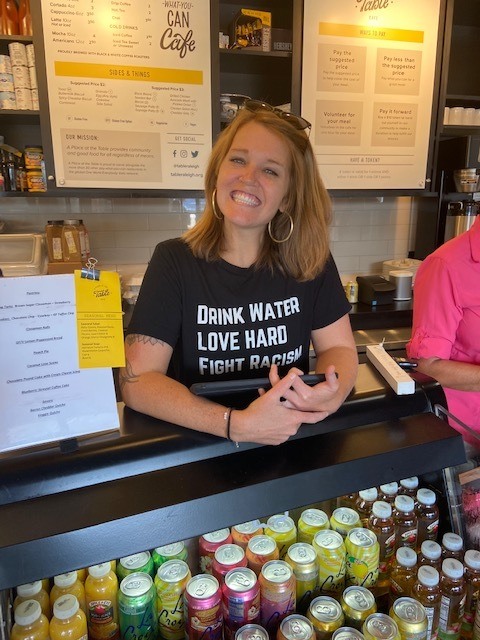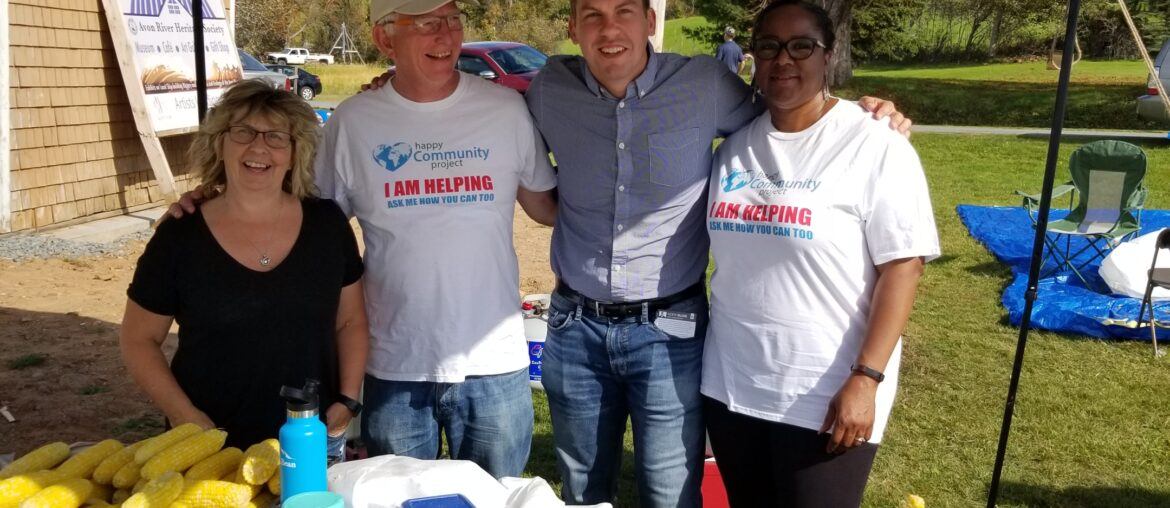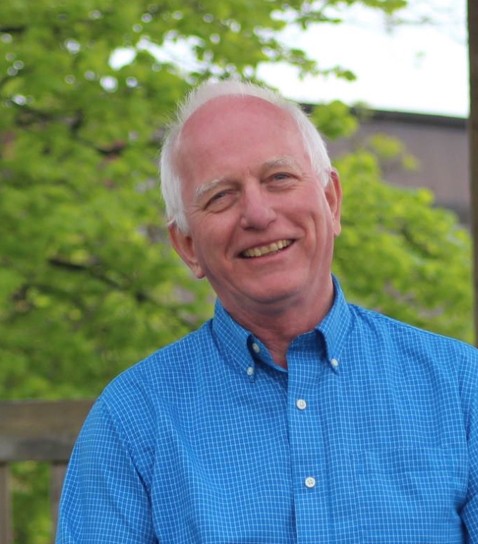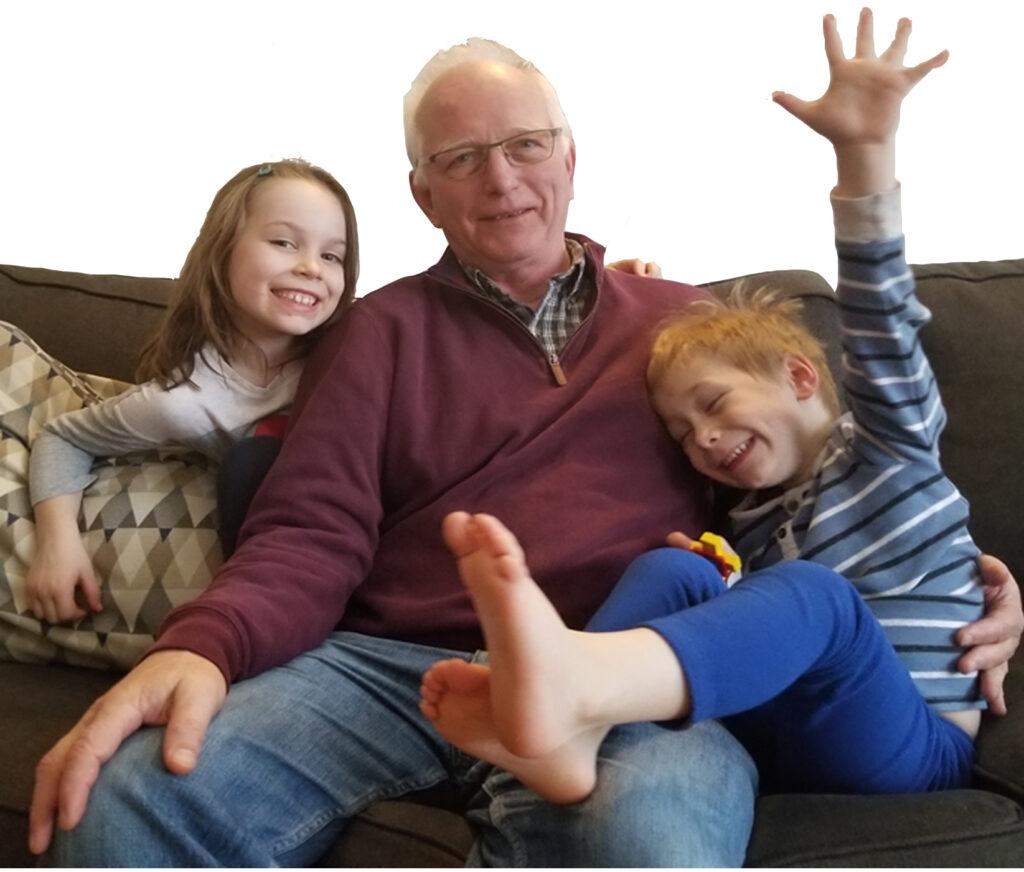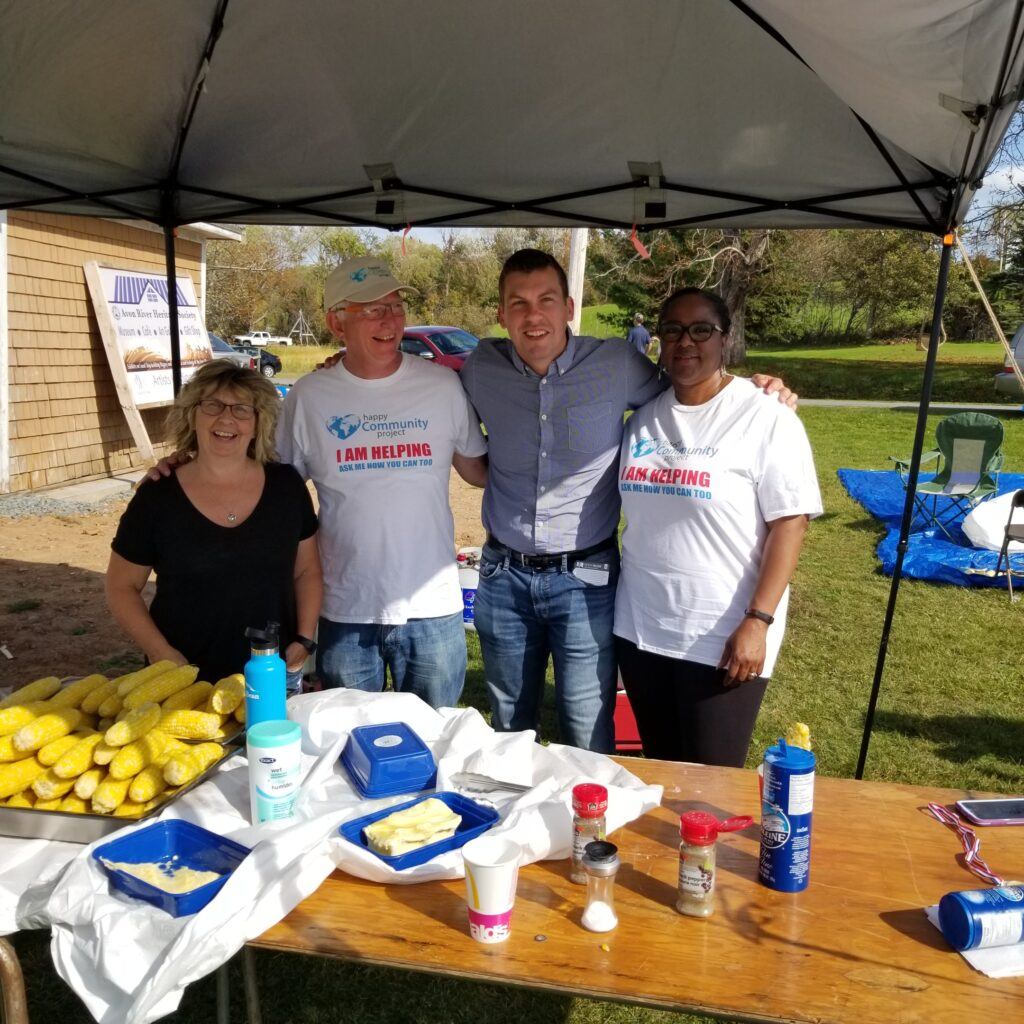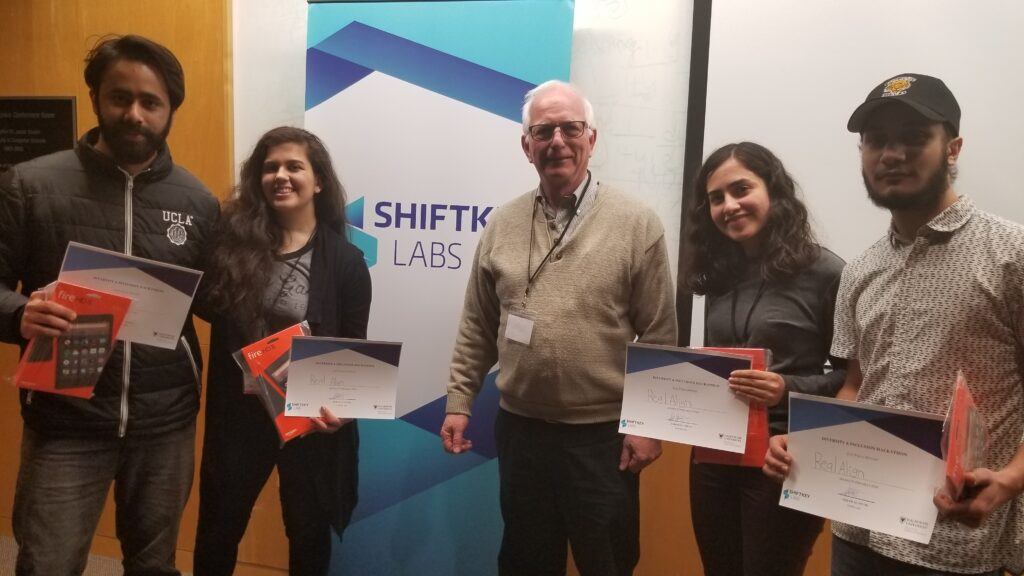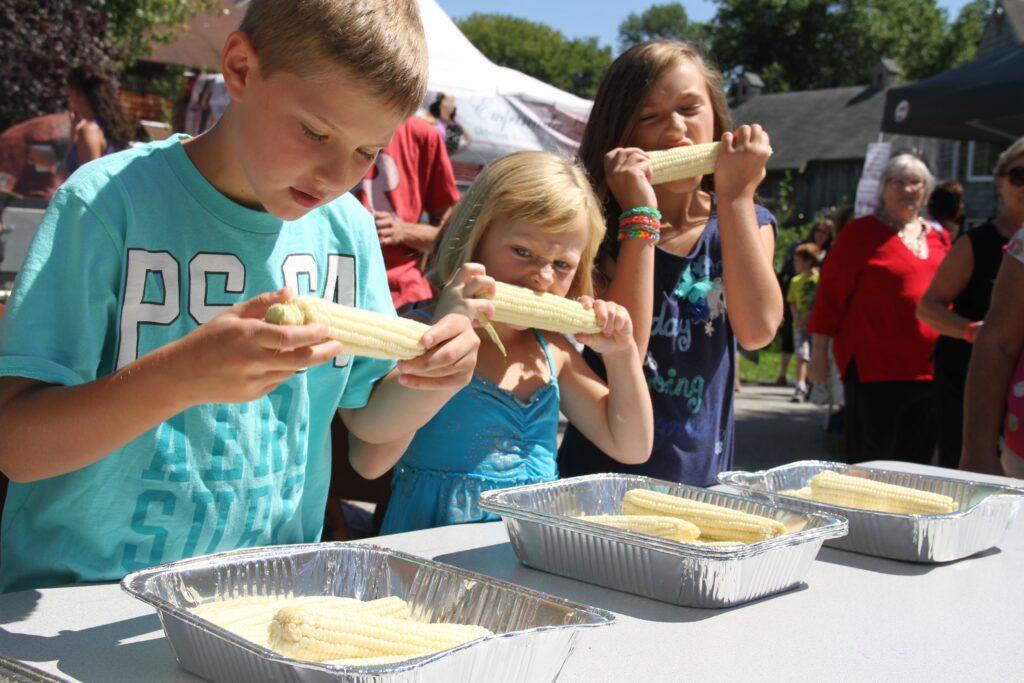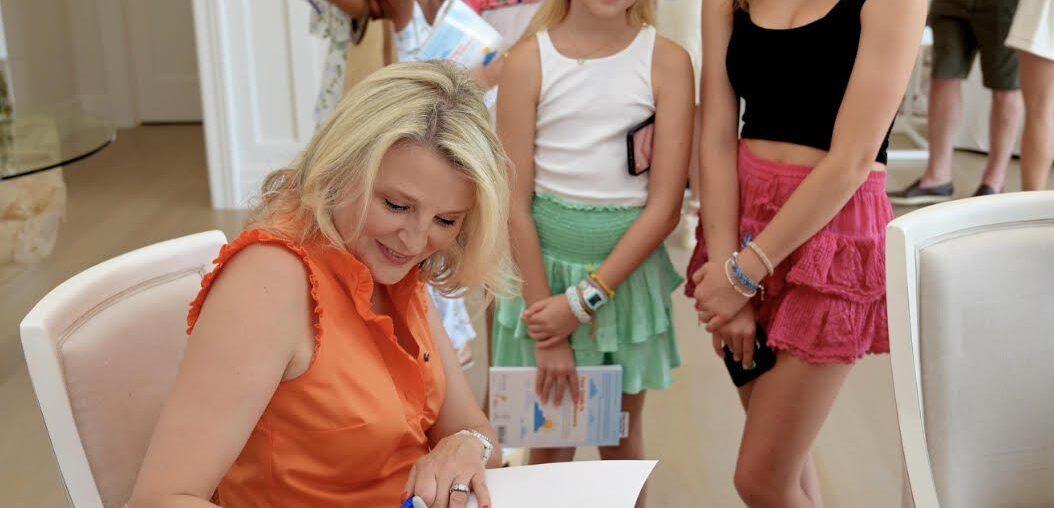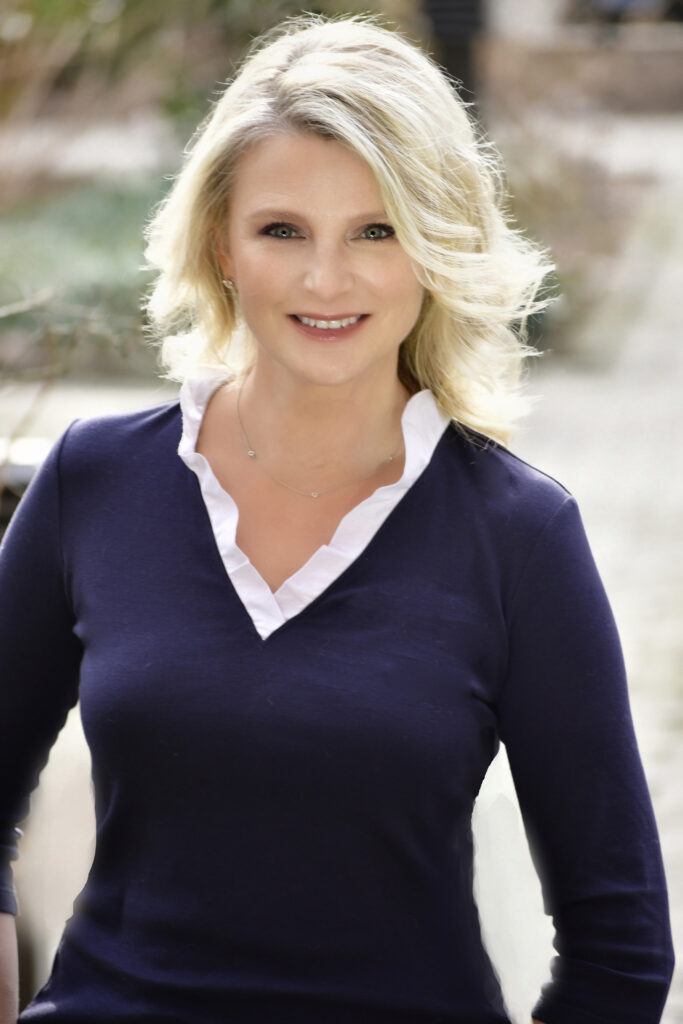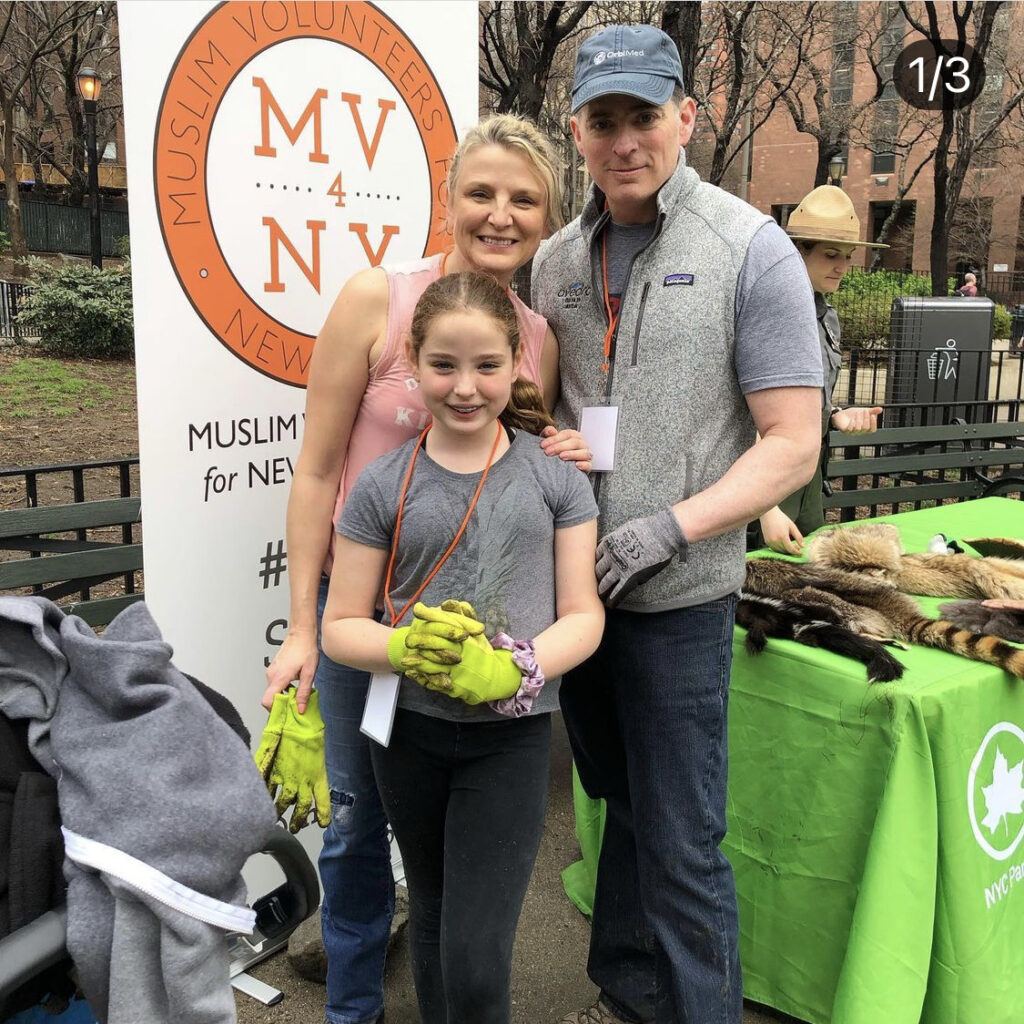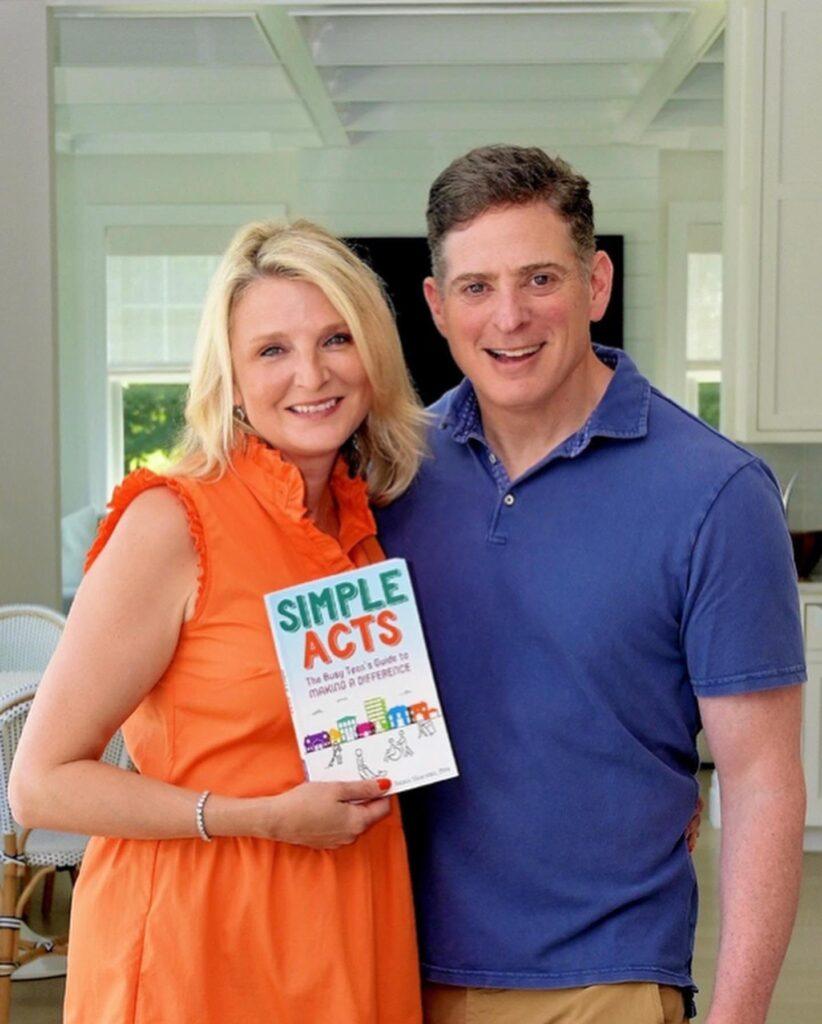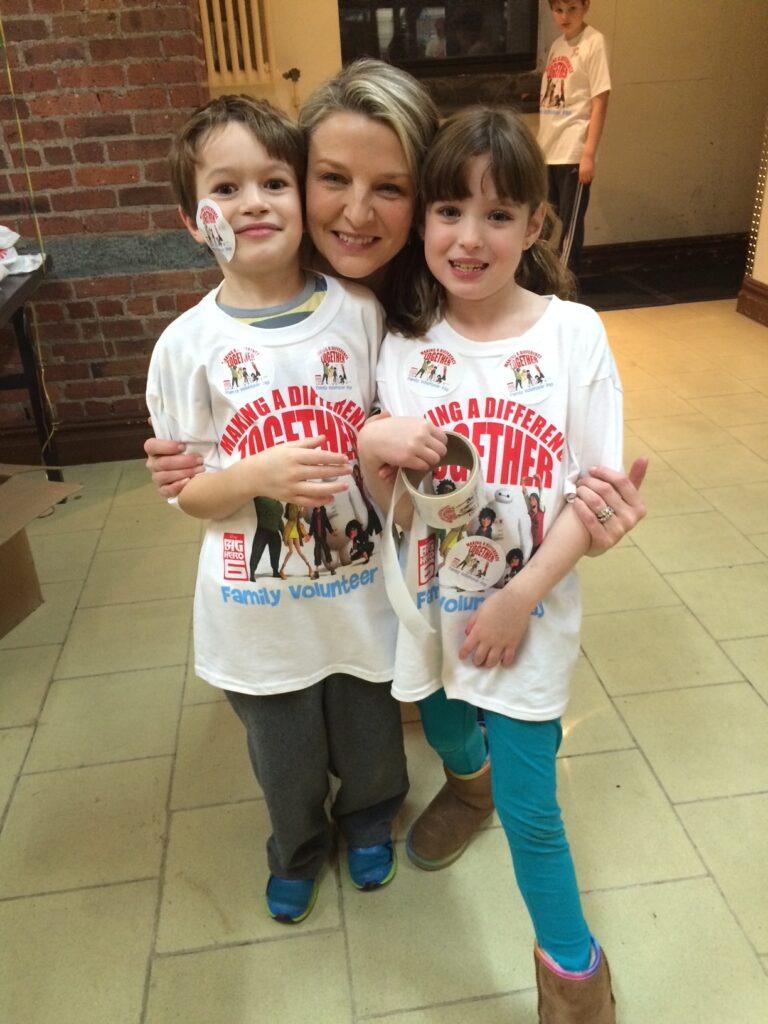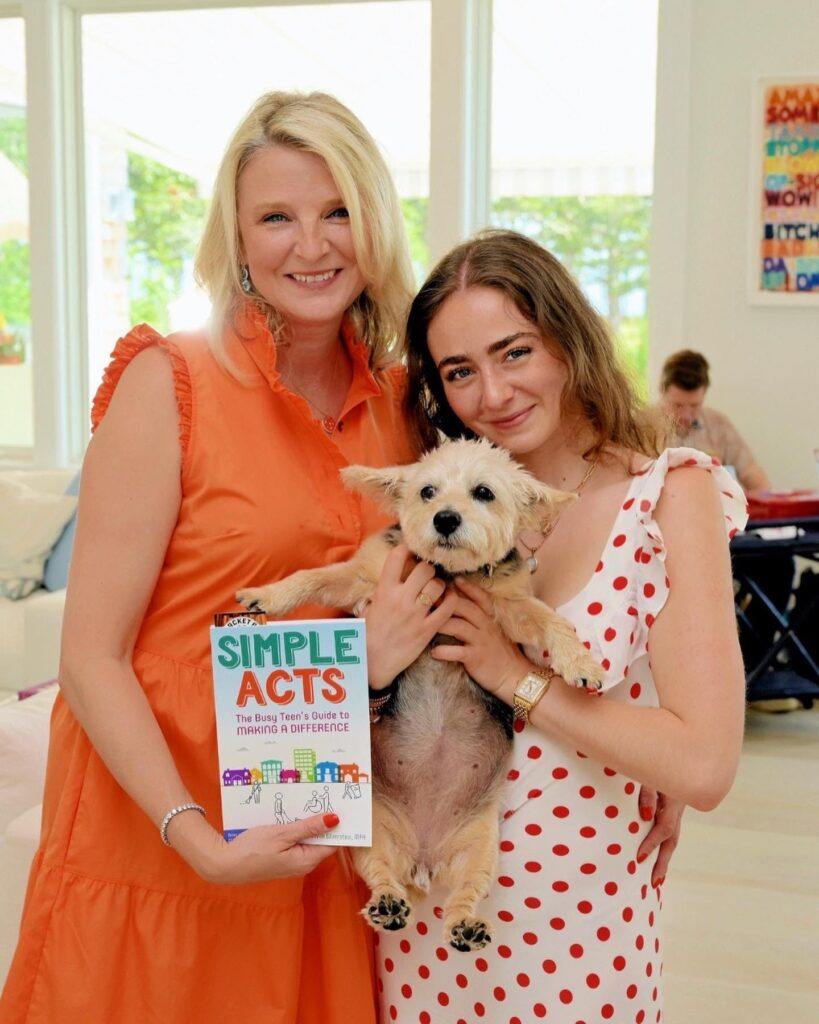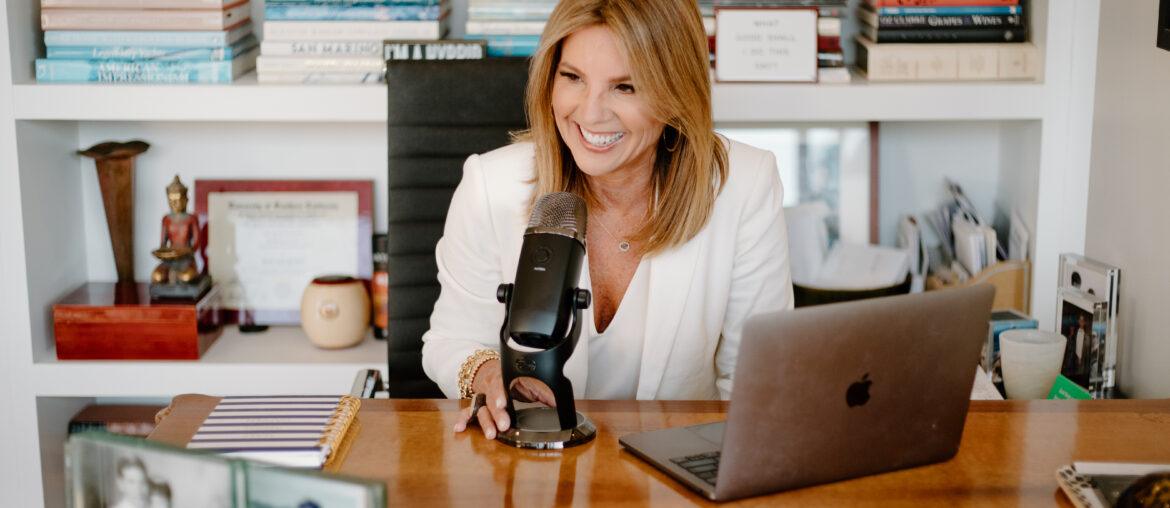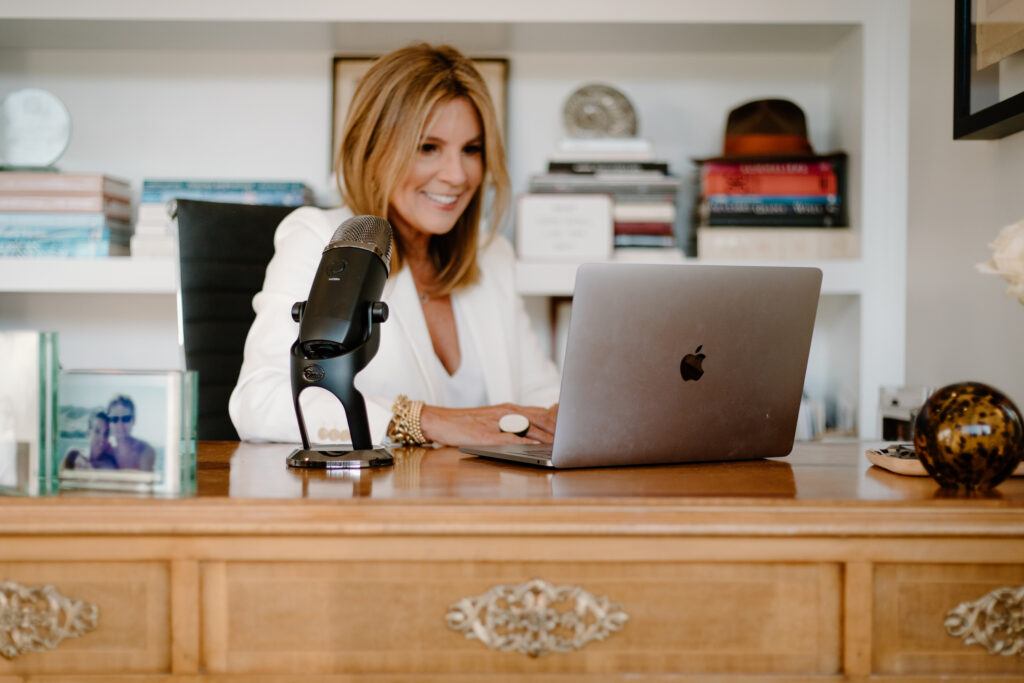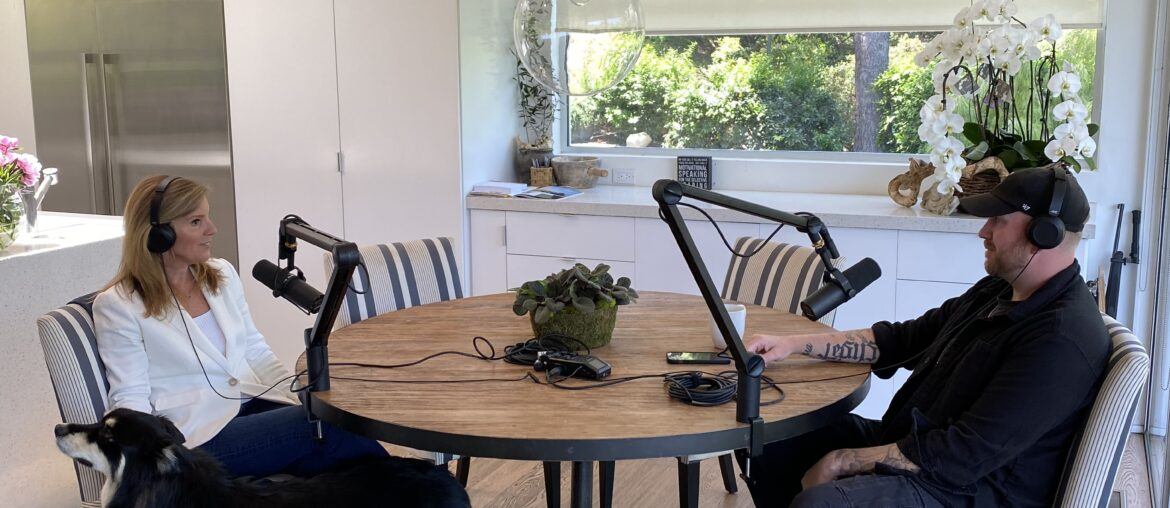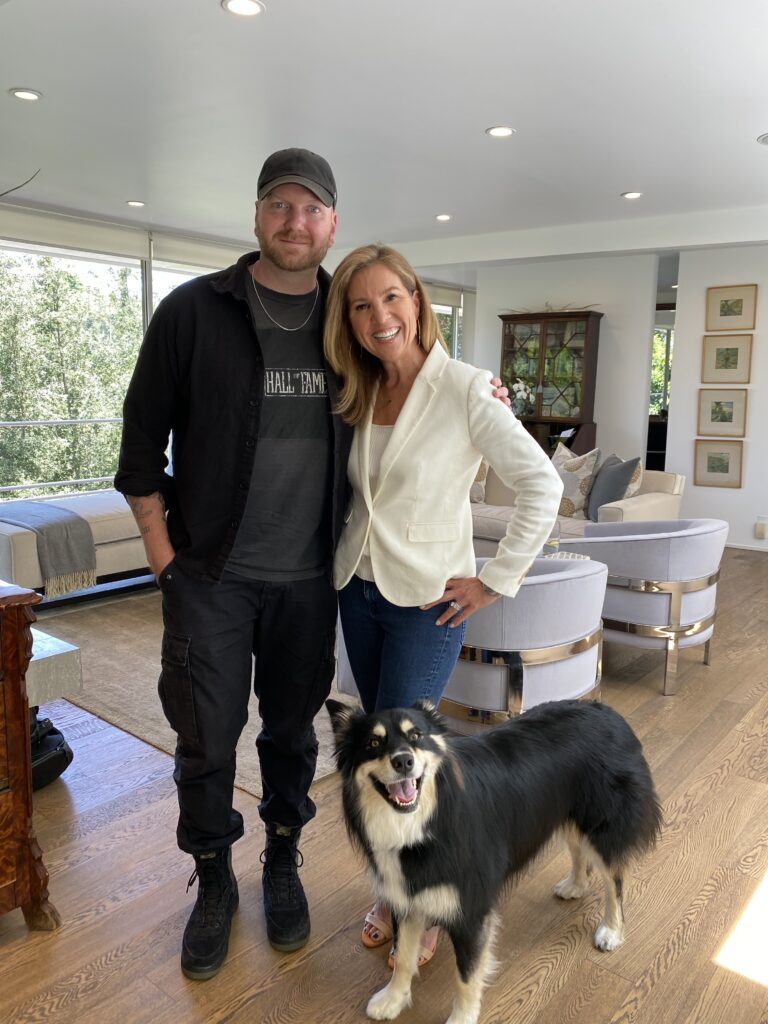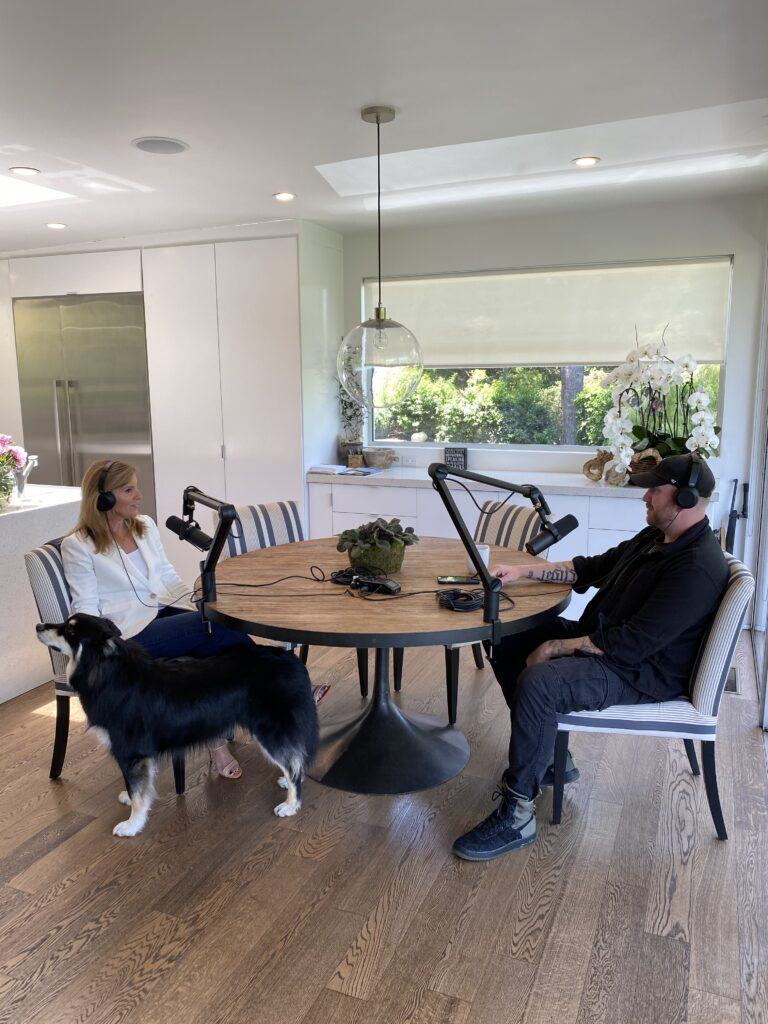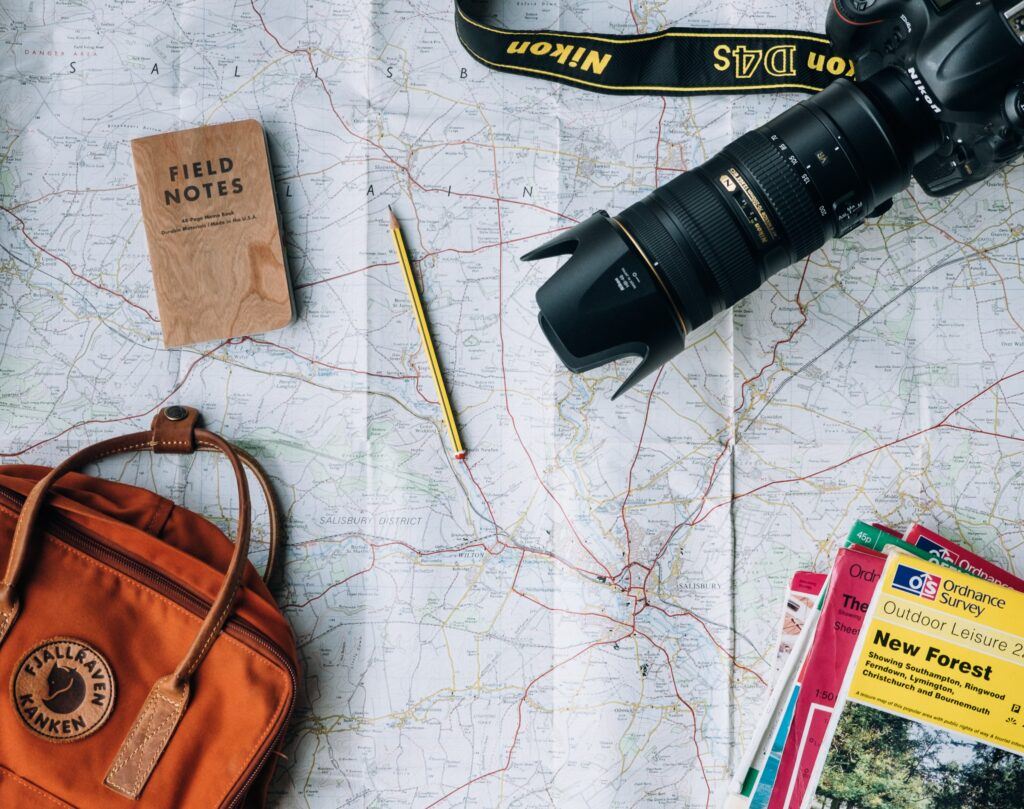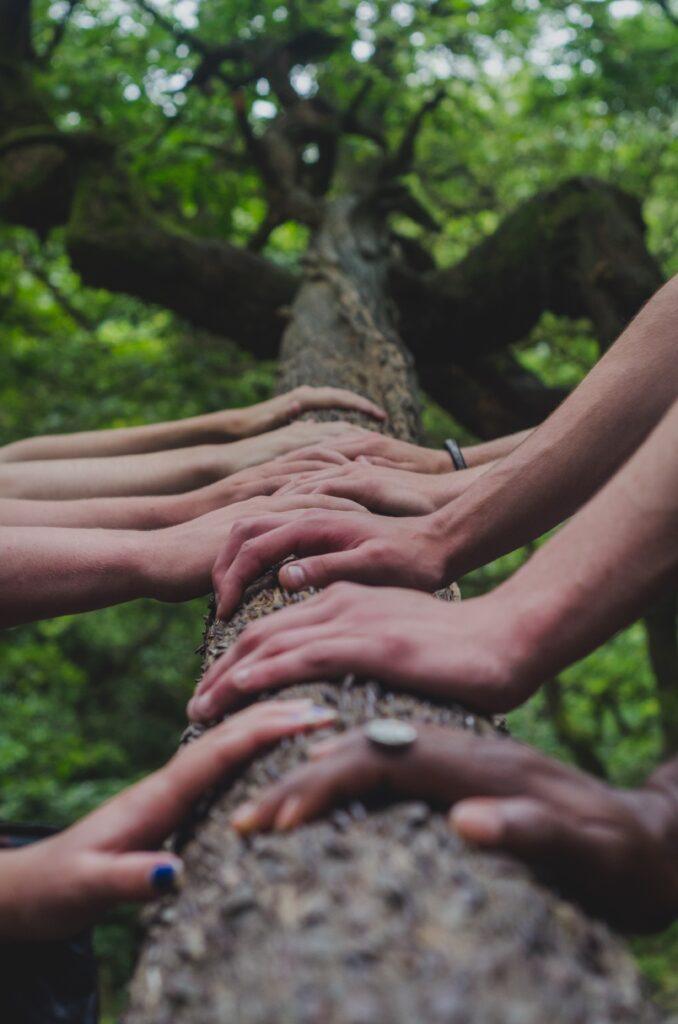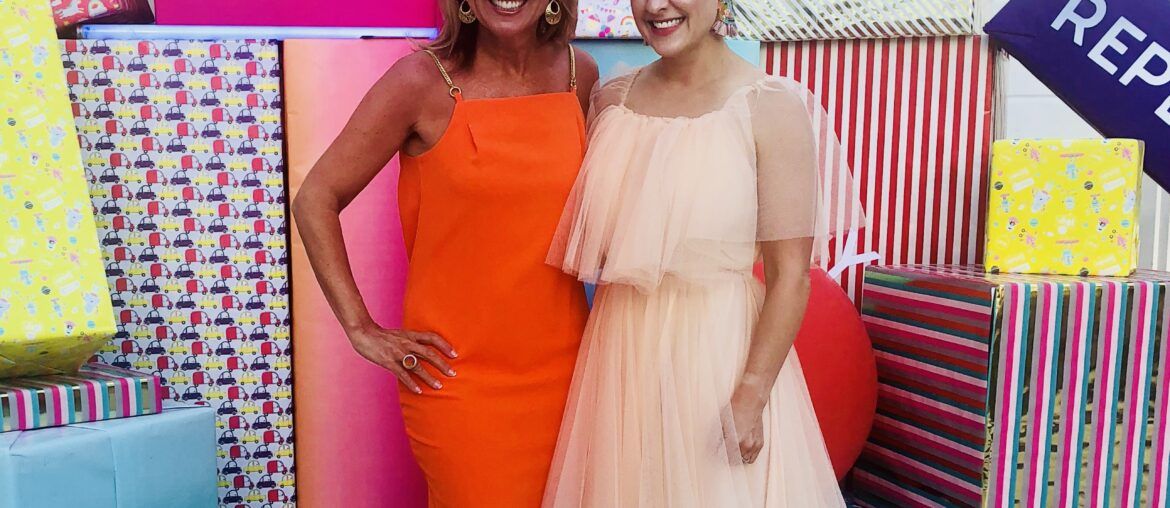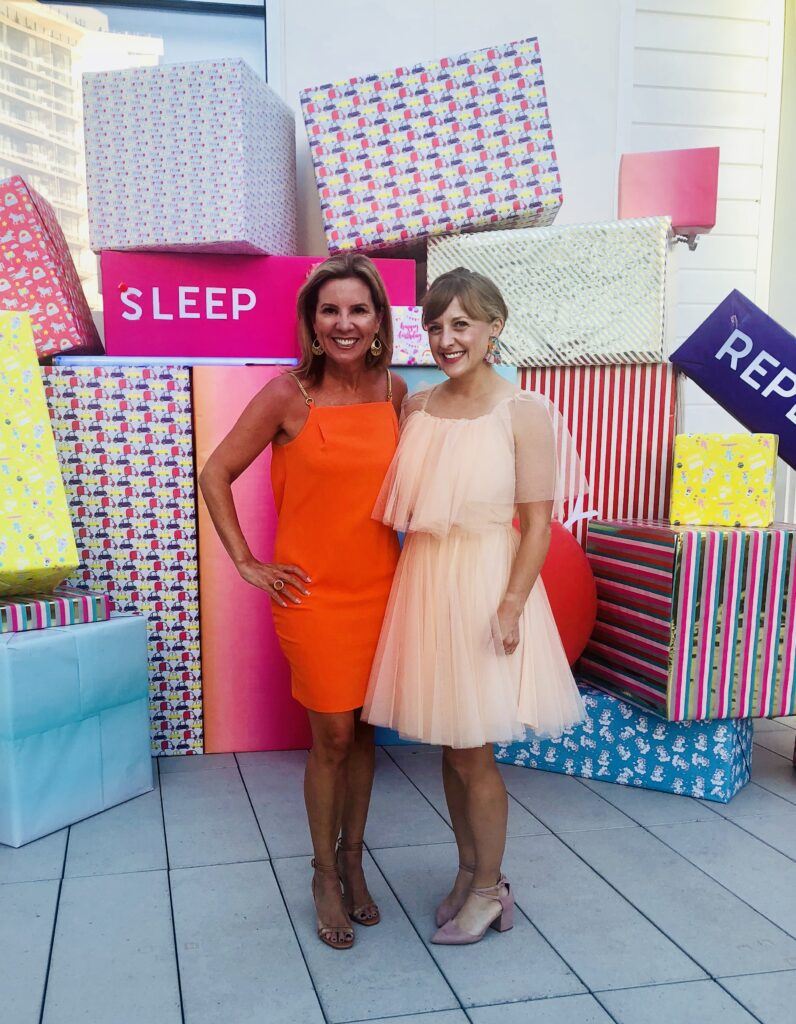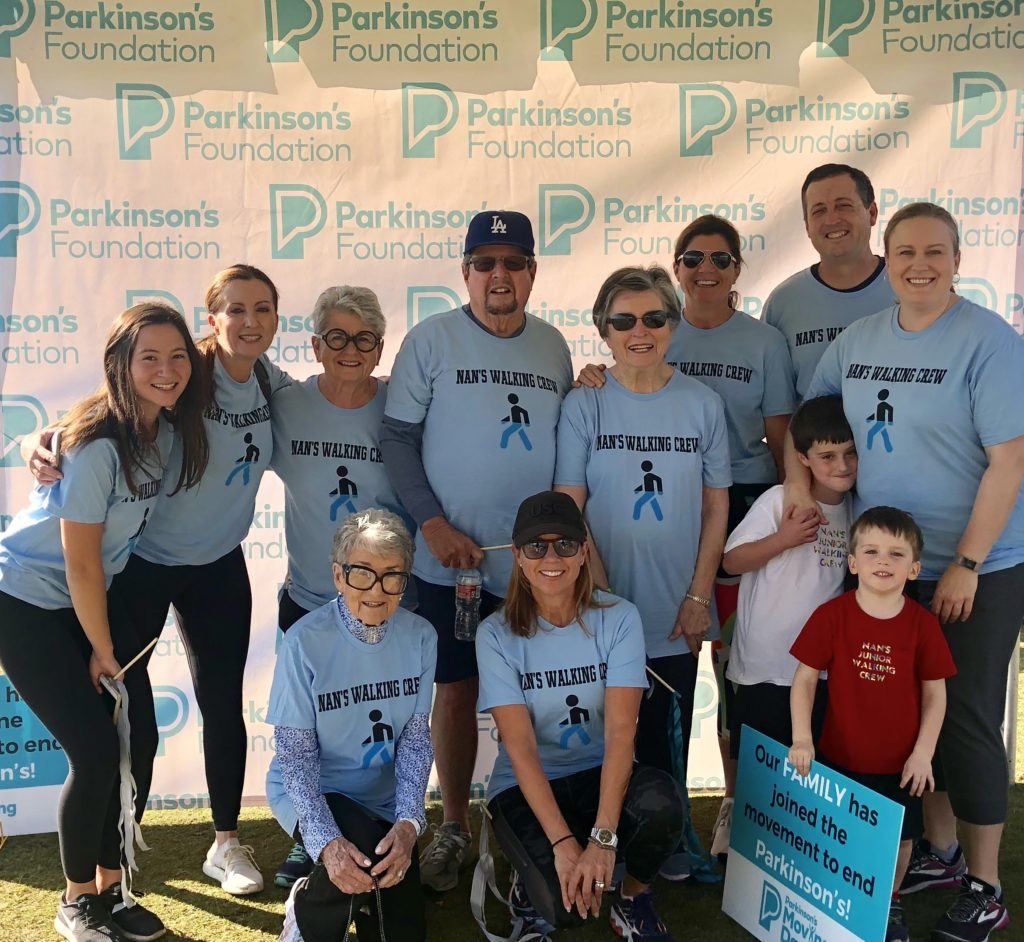Did you know that there are 75 million people on this planet in need of a wheelchair? Can you imagine being disabled and not having access to get around? That is only one of the amazing insights I learned from today’s guest, Don Schoendorfer. Don is the founder of Free Wheelchair Mission. His story is incredible, as is his work in providing over one million wheelchairs to people in need.
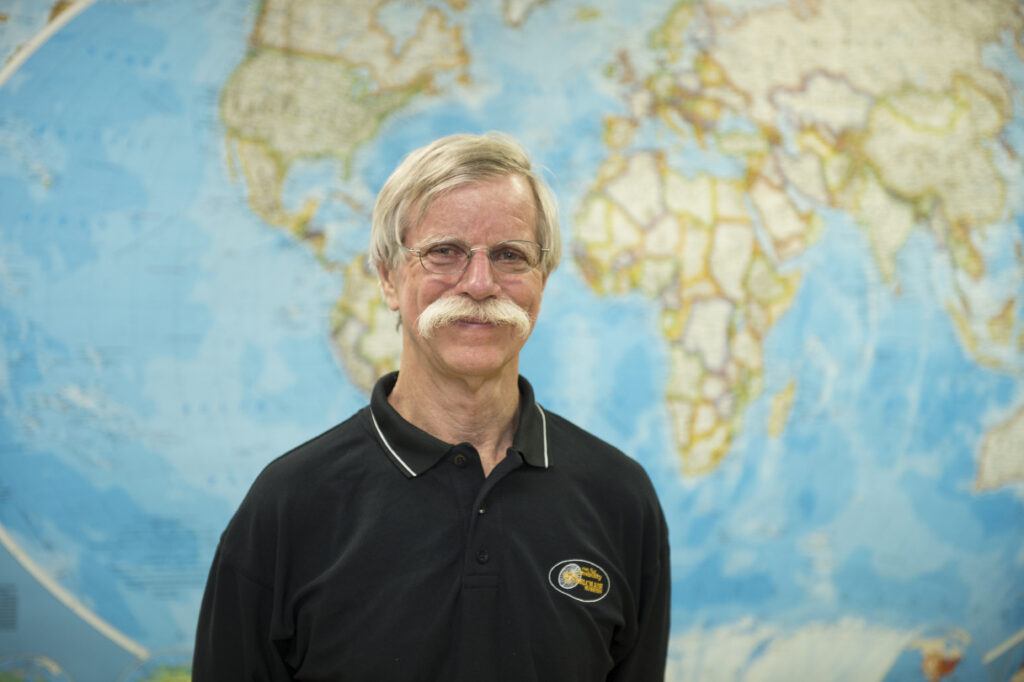
Join us today to learn how a MIT Biomedical engineer changed his life and millions of others. You won’t want to miss this amazing conversation. Don Schoendorfer is a truly special human who is an inspiration for all with his journey of service.
Here are a few highlights from our conversation:
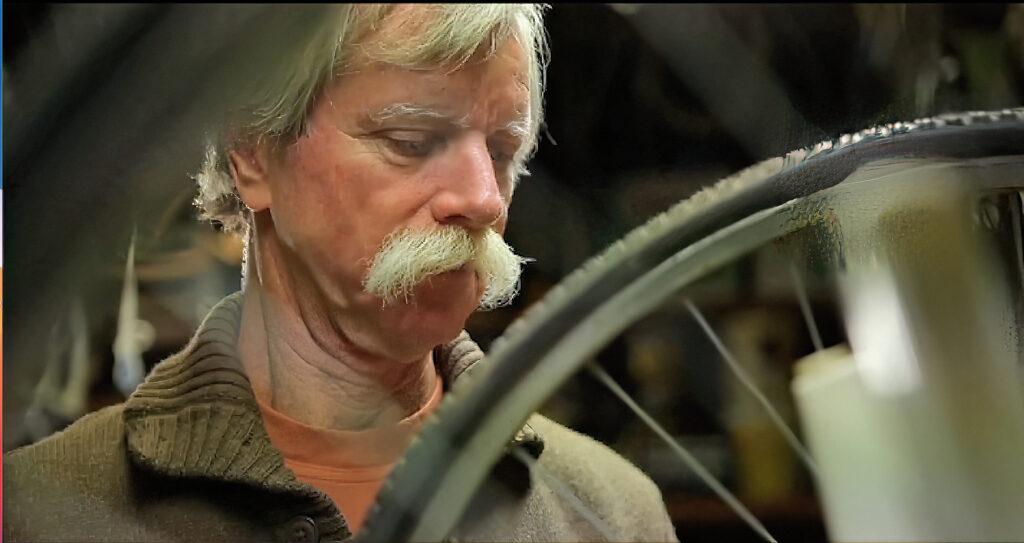
Charity Matters: Tell us a little about what Free WheelChair Mission does?
Don Schoendorfer: We’ve designed and learned how to manufacture an inexpensive, durable functional wheelchair that we provide for free to people in developing countries who need a wheelchair. World Health Organization’s estimates that there are 75 million people in need of a wheelchair around the world.
Charity Matters: What was the moment you knew you needed to act and start Free Wheelchair Mission?
Don Schoendorfer: My father worked in a railroad for 49 years as a machinist. One of my older brothers was a chemical engineer and the other one’s a civil engineer. I just knew from the way we operated at home, always taking things apart and putting them back together, that I would be an engineer. I always knew I was going to do something to help people.
About twenty years ago, we went on a vacation to Morocco. The first day we were in a very old part of the city, Toronto, probably built during the Crusades. There were dirt roads, buildings close to each other just wide enough for a wagon and donkey to get by. Between the legs of people commuting back and forth on foot, we saw a woman drag herself across the dirt road. She was using her fingernails for traction. And she’s looking at her hands. She’s not looking at anything else but her hands and she’s very careful about how she places them. Her feet were just dragging behind her. Like, they’re just connected to her and they’re not functioning in any way. She was bleeding, very filthy and her clothes are torn.
It was our first trip in a developing country and we were shocked. Shocked at her appearance, but also shocked at the fact that people were just basically just stepping over her. Like she was some kind of garbage and not helping her. We went home and got on with our lives. That’s what I did for 20 more years. Every now and then something would remind me or in the middle of the night. I would wake up and I’d be thinking about that woman and the struggle she had just to keep alive.
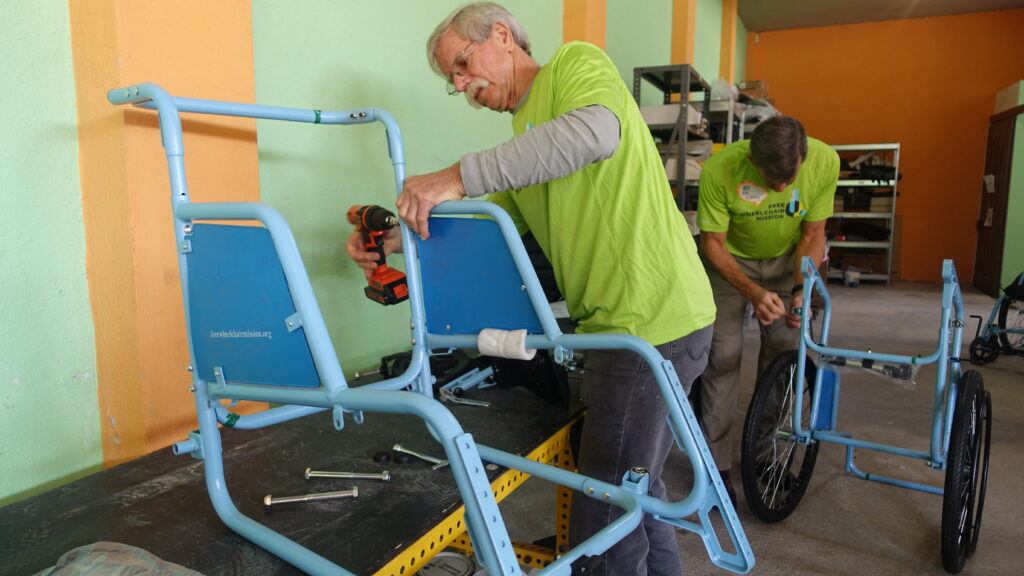
Charity Matters: What Happened 20 years after you saw that woman?
Don Schoendorfer: A call from God in the middle of the night, in 2001. He said, “I need to talk to you” What about? He said, ” Why are you wasting your time? “And I said, “What do you mean?” God said,”Why don’t you use the gifts I gave you to do something for the Kingdom?” I don’t want anybody to misinterpret, I do not have that kind of relationship with communicating with God. But if I summed up what was going through this was really what I came up with, “Hey, I’m an engineer, I’m an inventor, I can do this stuff.”
I thought, where do I focus my energy? All of a sudden, there’s this woman crawling across the dirt road. What’s the need, what does she need? I go to Toys R Us and I get some bicycles. Then I go to Home Depot and I get some white resin lawn chairs. Then I spend five or six months trying to figure out how to effectively connect them together. And, it’s a white resin lawn chair with mountain bike tires. It doesn’t, it doesn’t look like a wheelchair. But I’m thinking that woman probably would have loved to have something like this.
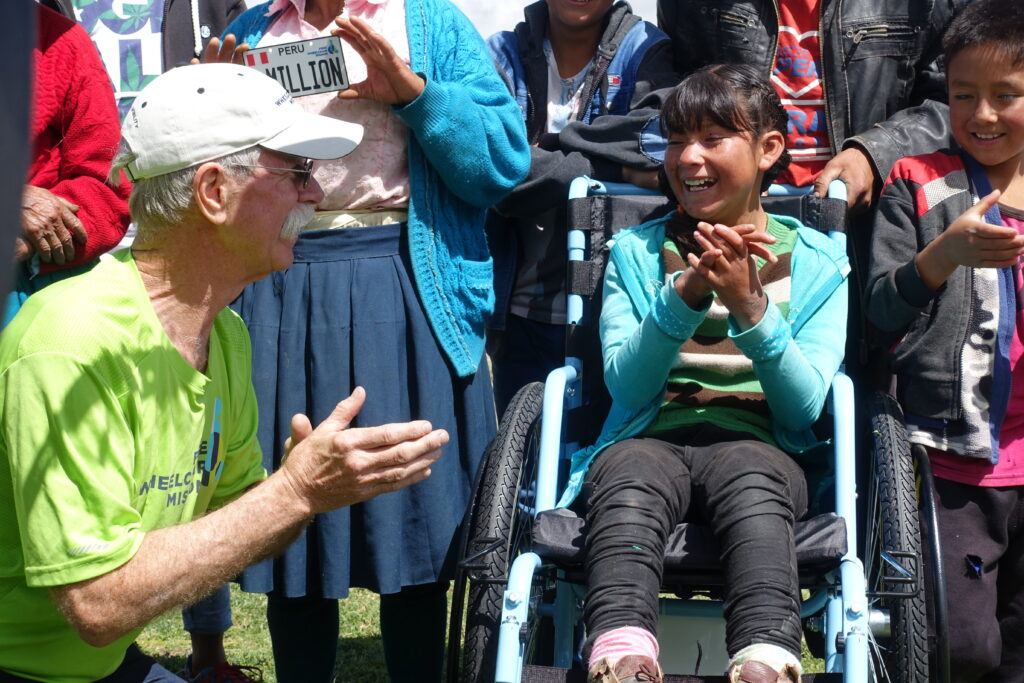
Charity Matters: When do you know you have made a difference?
Don Schoendorfer: When I saw this family change. Can you imagine if you were carrying your 11 year old son with cerebral palsy? Can you imagine that this boy’s parents had carried him every day of his life. His parents can’t work, and therefore they can’t make enough money to live on.
When they got their son a wheelchair it changed their life. The parents could work and take their son with them. They could move him to the shade of the rice paddies where they worked. Now, they could both work and they can make enough money to advance a little bit in their economy. Even better they now have the freedom.
Of course, they didn’t know what was going to happen after we put their son in the chair. They probably thought we’re going to take take some pictures and then take it away from him. Instead, we drove away at the end and left that chair to them. We didn’t come back and take the chair.
These people are already happy. When you give them a wheelchair, it’s so profound. You can just see how hard it is for men to express their gratitude, some are just choked up and they can’t get the words out. They’re just crying and smiling at the same time. The whole family doesn’t have to carry anyone anymore. He can go by himself.
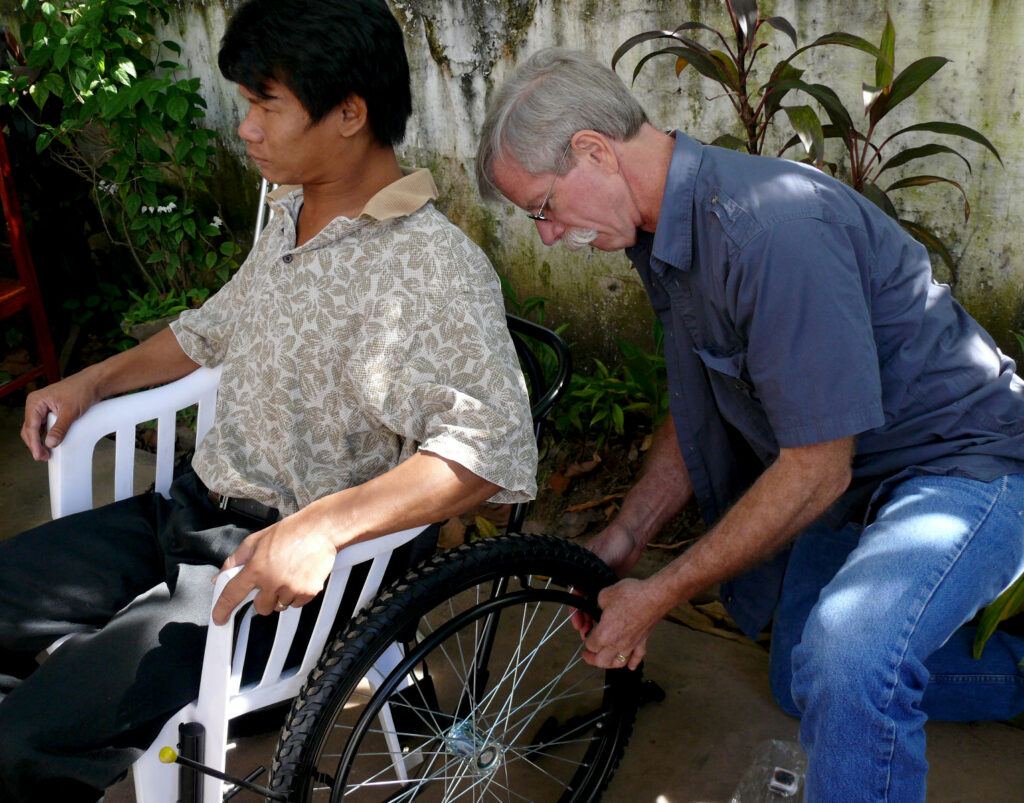
Charity Matters: Tell us what success you have had and what your impact has been?
Don Schoendorfer: Over these last 22 years, we’ve given out over 1.3 million wheelchairs in 94 different countries, developing countries. We don’t give them away in developed countries because there’s usually options for a wheelchair. In the developing world, there’s no option. If we don’t give him a wheelchair, they’re going to live their life without one. We’ve got partners who actually give the wheelchairs away for us.
So we work through these distribution partners, and we ship them to the closest ocean port, and then they take it from there. At first I was focusing on just the individual, the woman crawling across the road in Morocco, right? And I didn’t see her family, but she probably has one because there’s no way she could keep alive without having a family. After you’ve given away a few wheelchairs you see how it impacts the family because they are the wheelchair.
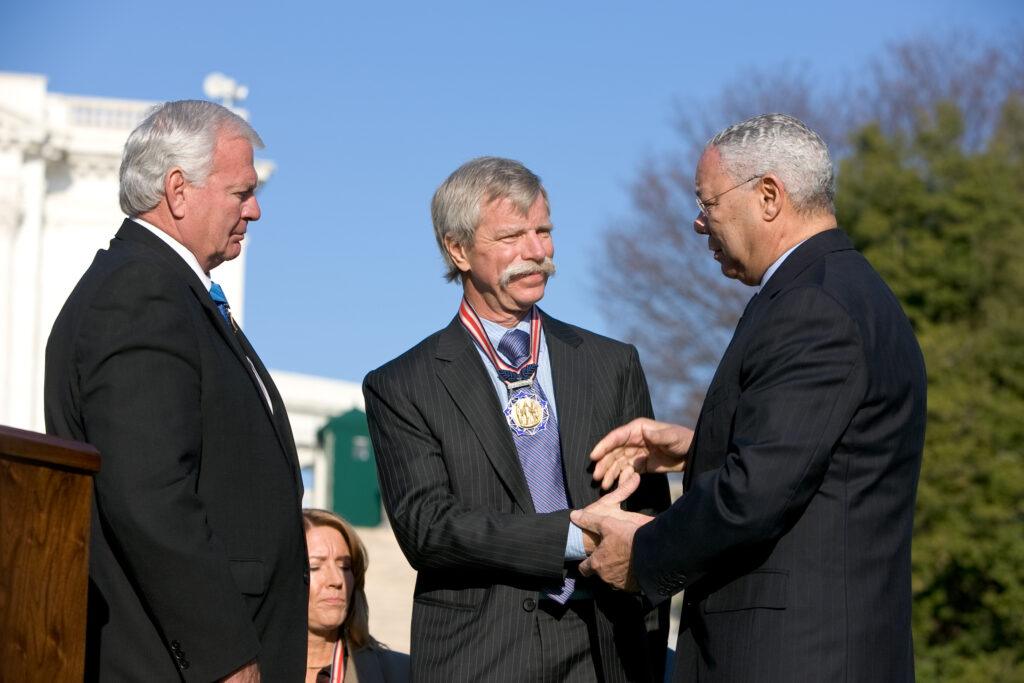
Photo credit: Ralph Alswang
Charity Matters: How has this journey changed you?
Don Schoendorfer: The people I associate with changed. I’m more associated with people that are in this field of humanitarian efforts. Most of my best friends are in developing countries and I rarely get the chance to see them. I always think about them. These are the people that totally live on faith. They don’t know where the next meal is gonna come from. Yet, if they met somebody who needed a shirt, they would take their shirt off and give it to him. And that’s the way they live.
Charity Matters: What life lessons have you learned from this experience?
Don Schoendorfer: There’s so many other things we can do. Think about what you’re good at. Maybe you get the call from God. Or maybe you don’t. Ask yourself, what am I really good at? And is that what I’m doing to help people? Am I using those tools to help people?
CHARITY MATTERS.
If you enjoyed today’s episode, please connect with us:
- www.Charity-Matters.com
- On IG @Charitymatters
- Post a screenshot & key takeaway on your IG story and tag me @heidijohnsonoffical and @Charitymatters so we can repost you.
- Leave a positive review on Apple Podcasts
- Subscribe to new episodes each week!
YOUR REFERRAL IS THE GREATEST COMPLIMENT, IF YOU ARE SO MOVED OR INSPIRED, WE WOULD LOVE YOU TO SHARE AND INSPIRE ANOTHER.
Copyright © 2022 Charity Matters. This article may not be reproduced without explicit written permission; if you are not reading this in your newsreader, the site you are viewing is illegally infringing our copyright. We would be grateful if you contact us.

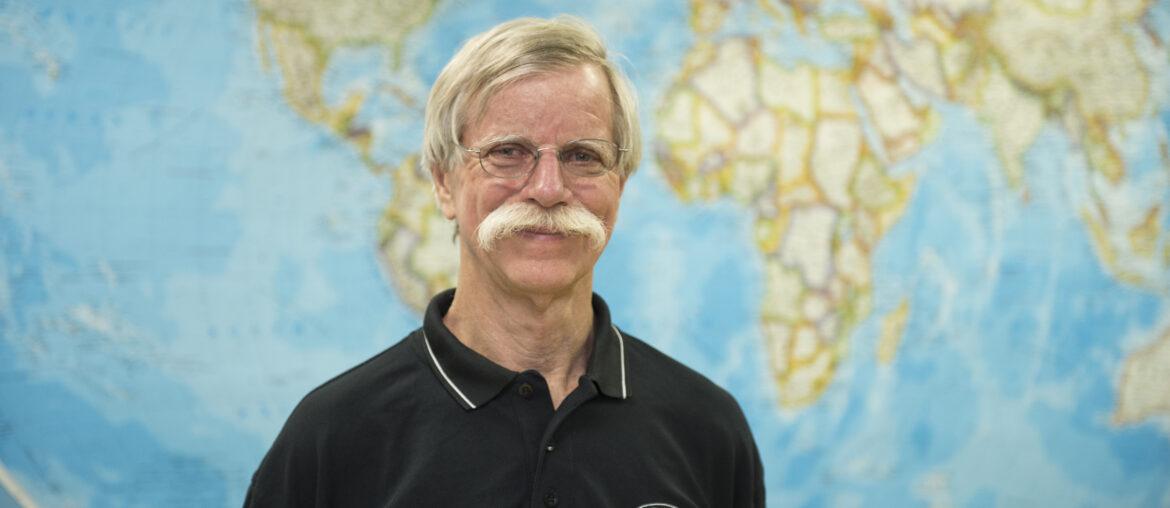


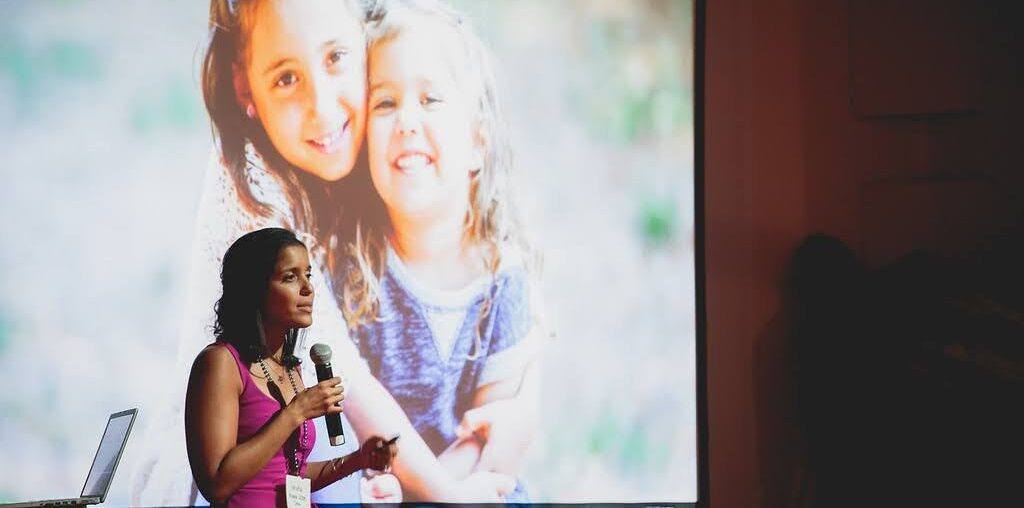
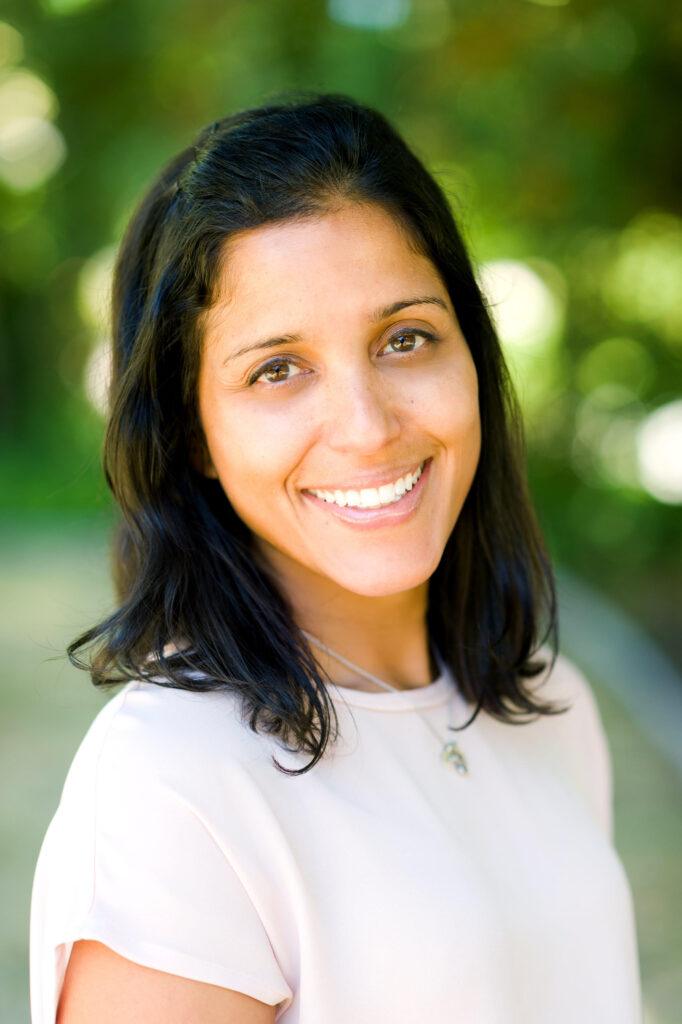
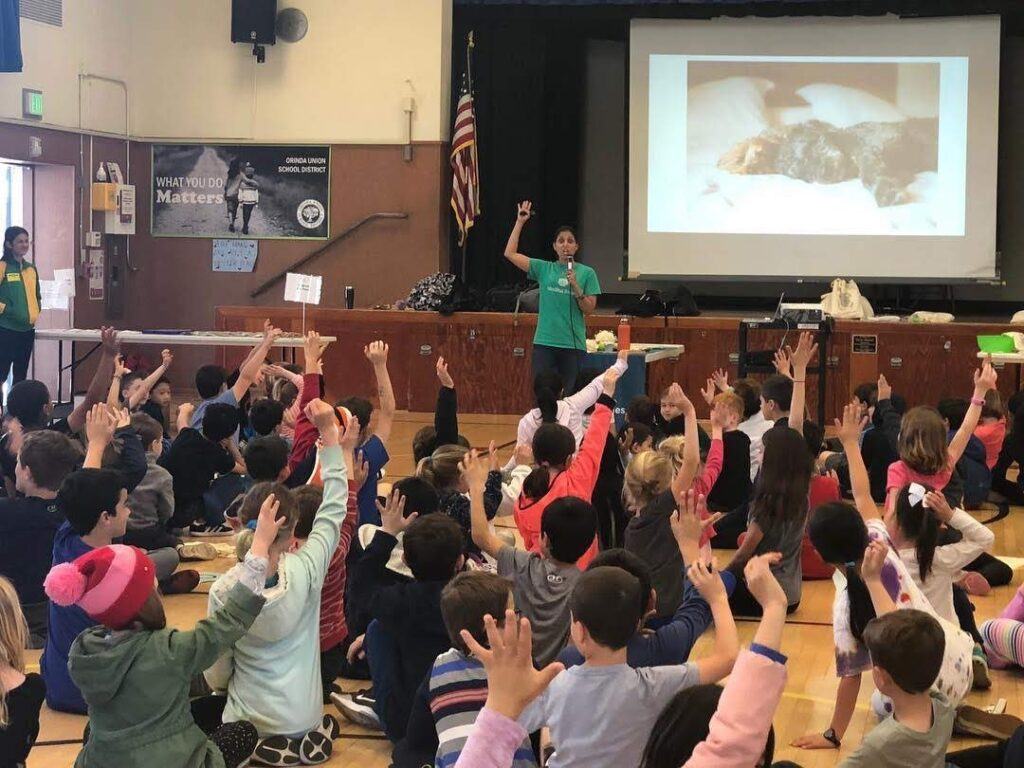
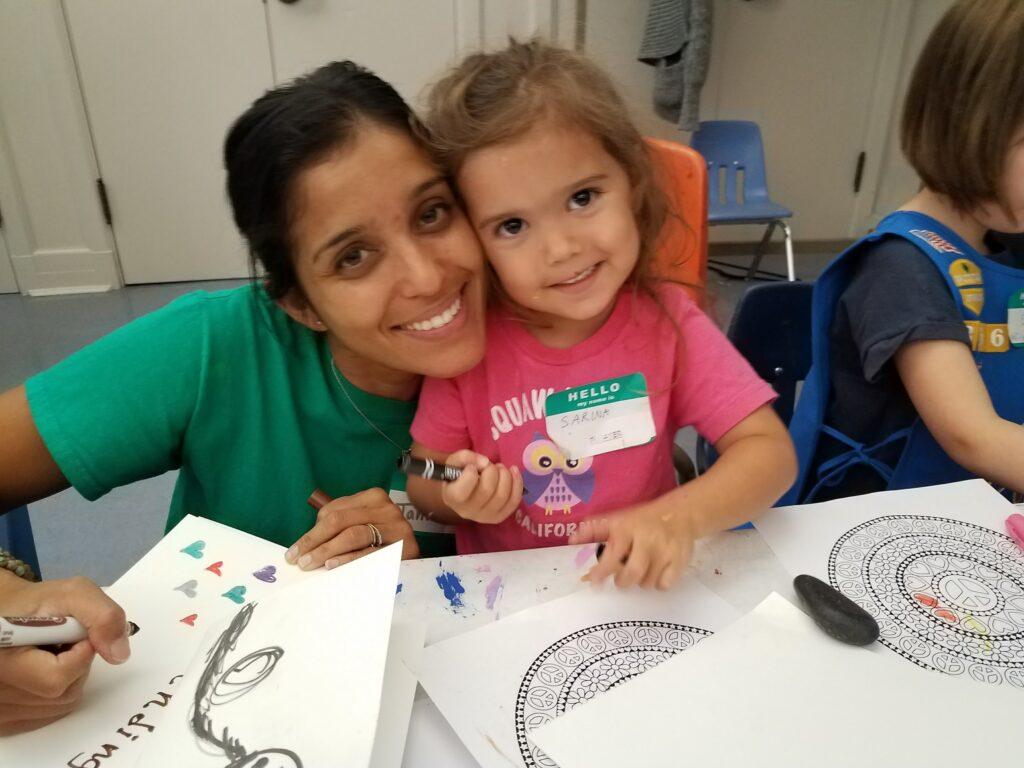
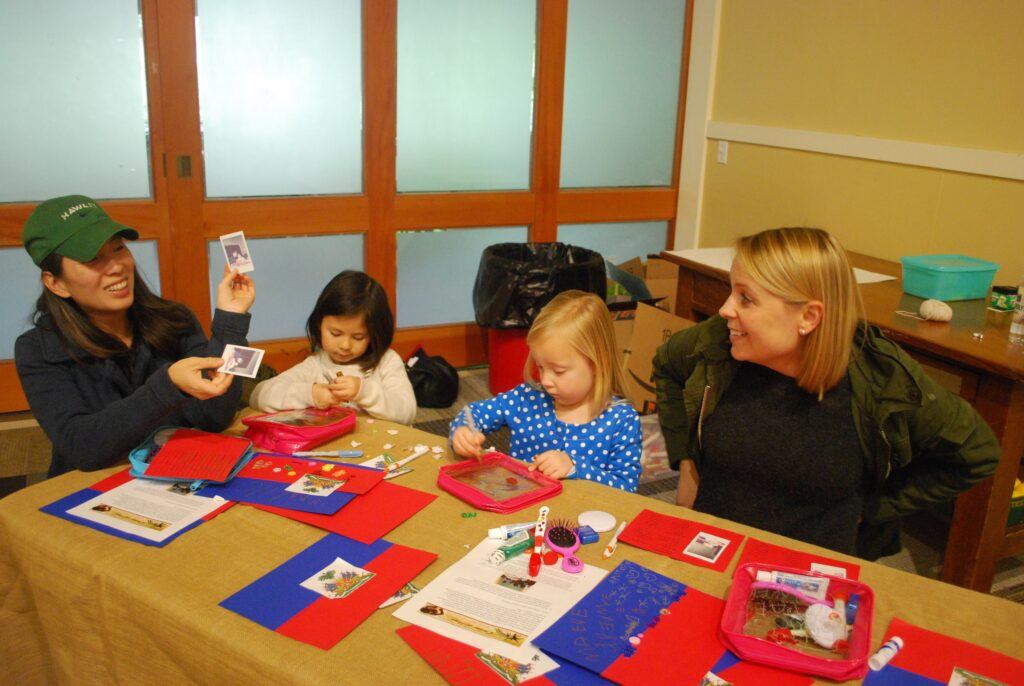
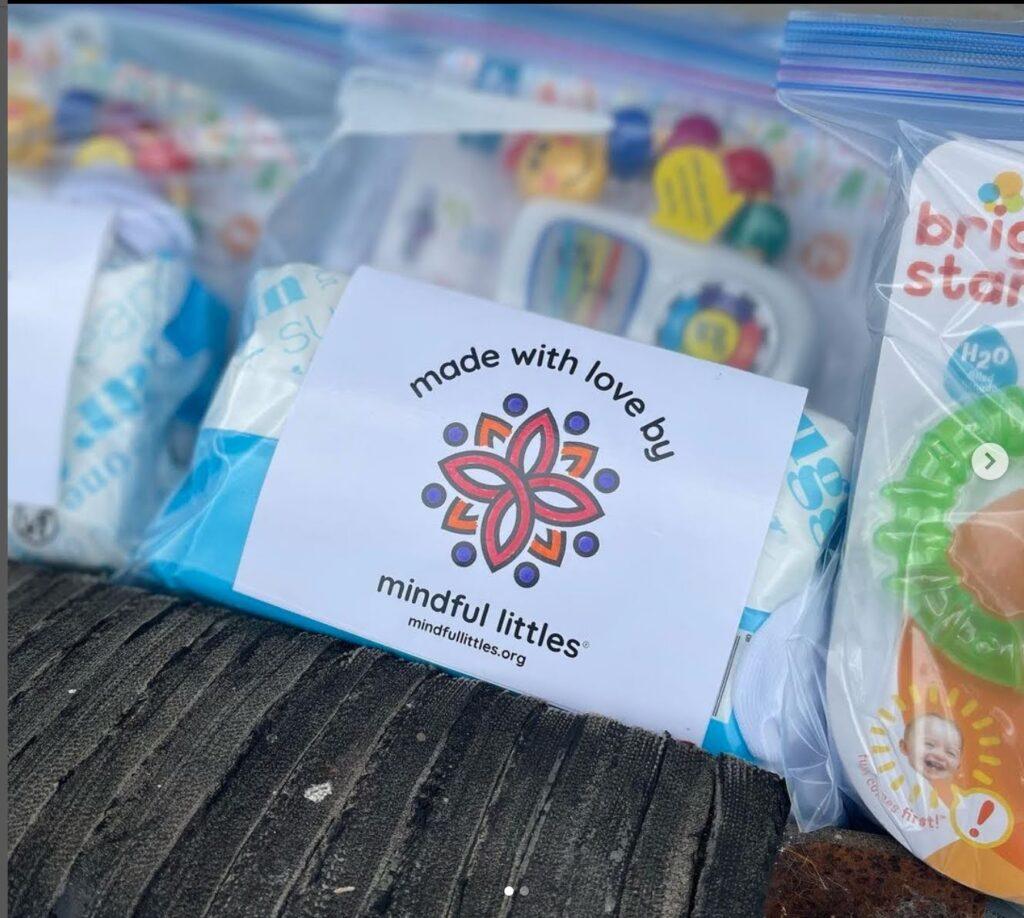
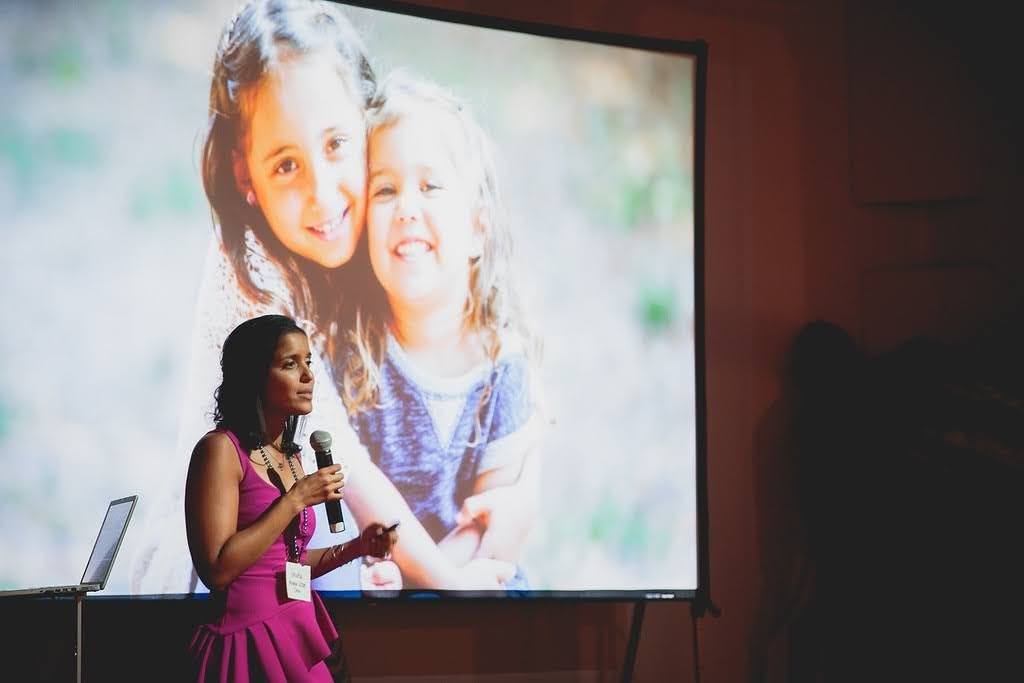
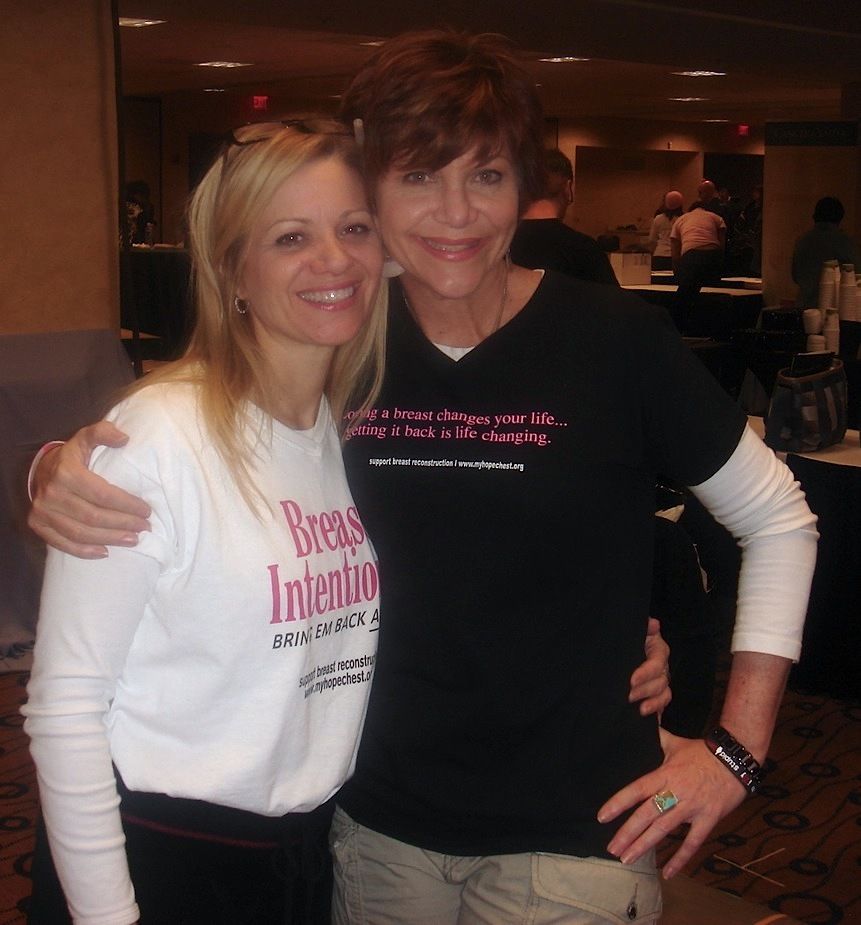
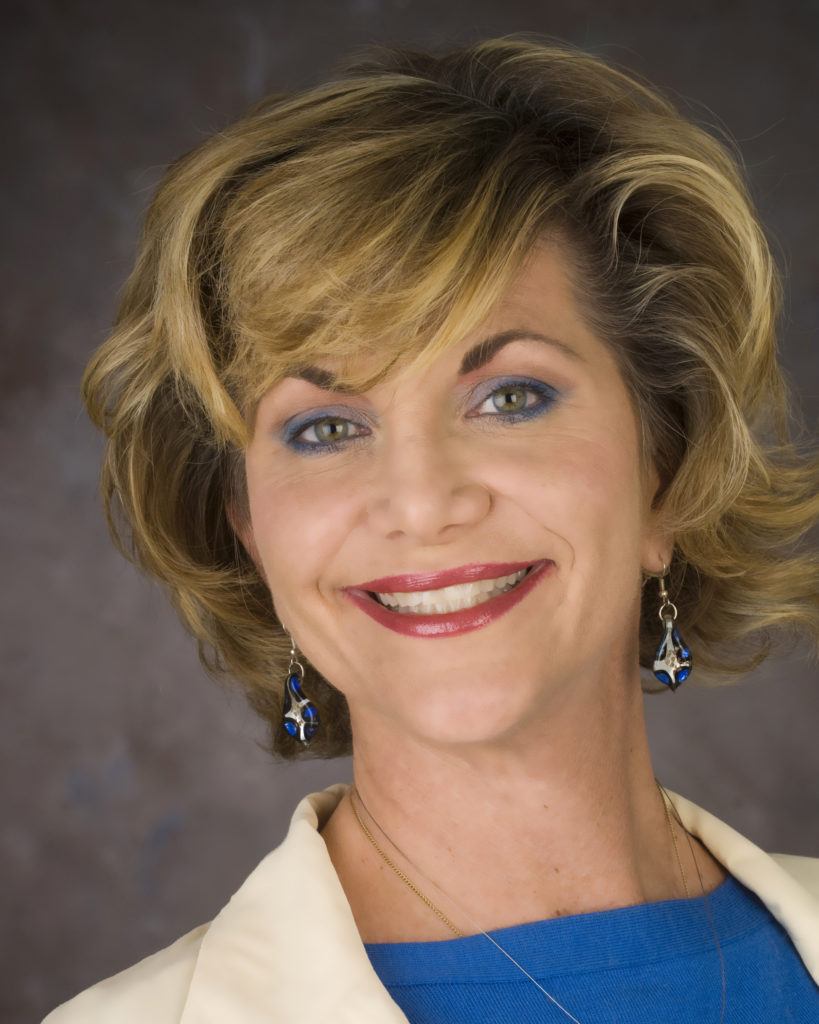
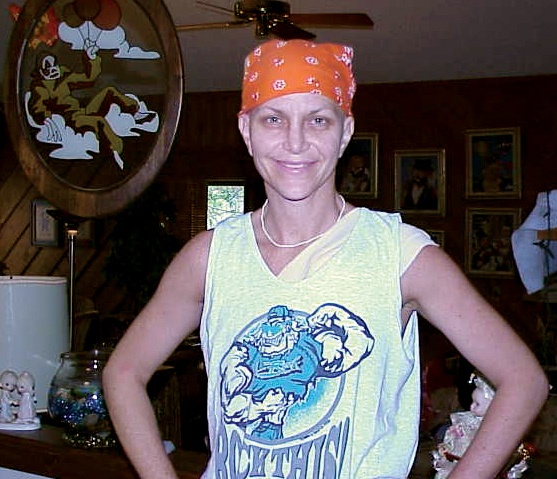
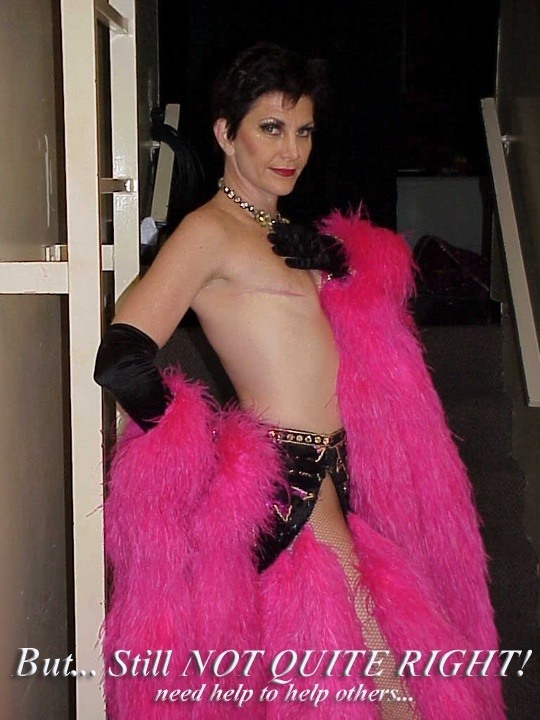
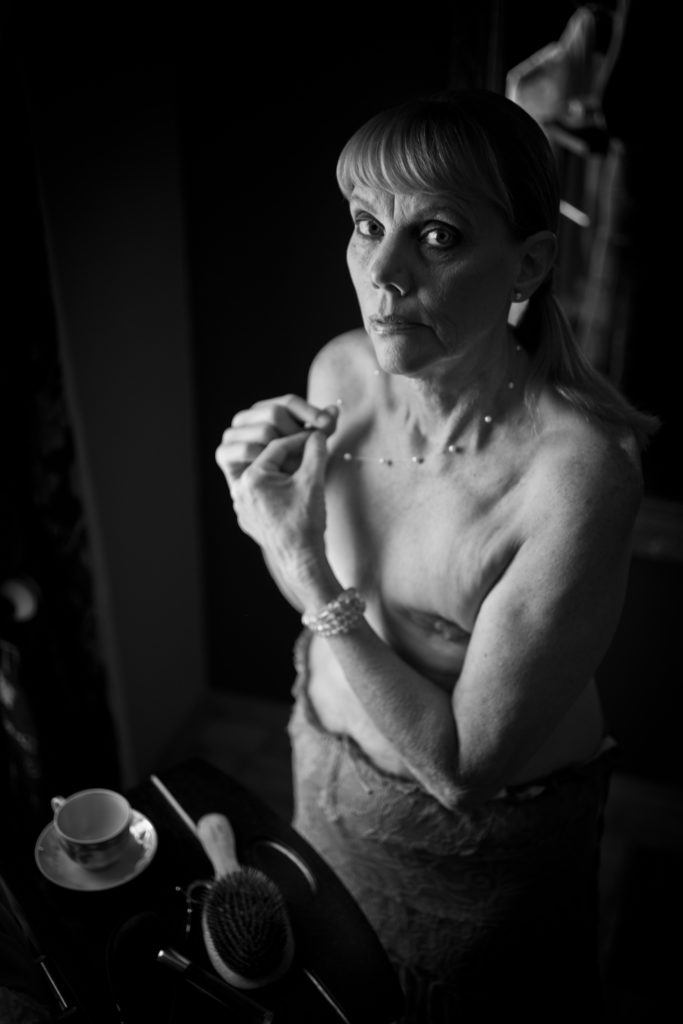
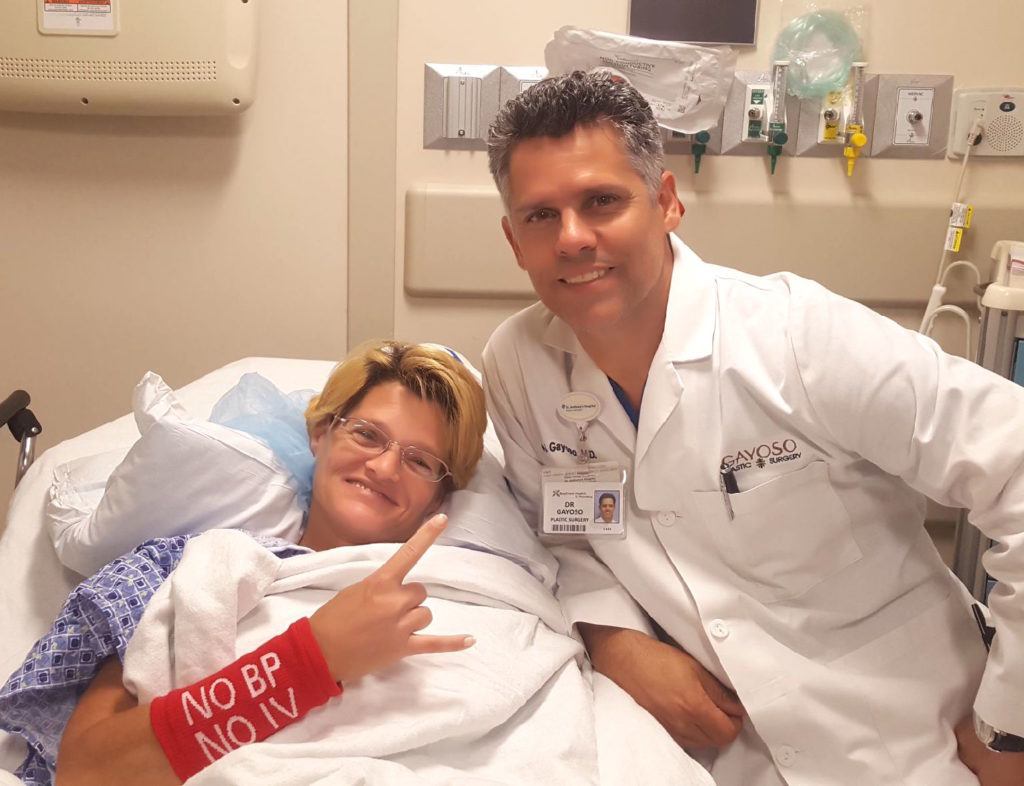
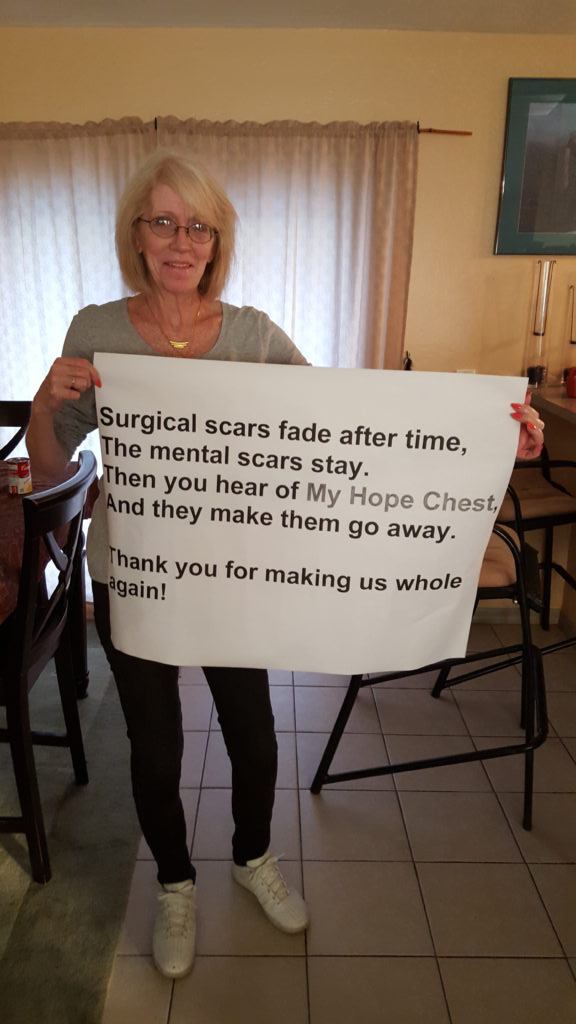
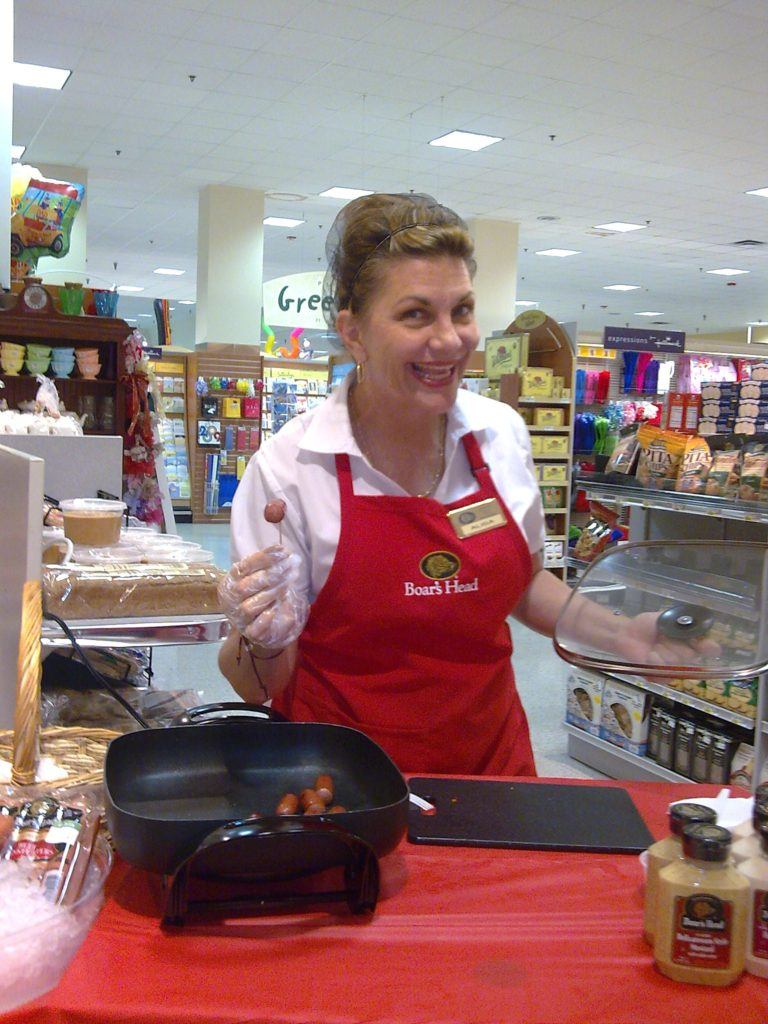
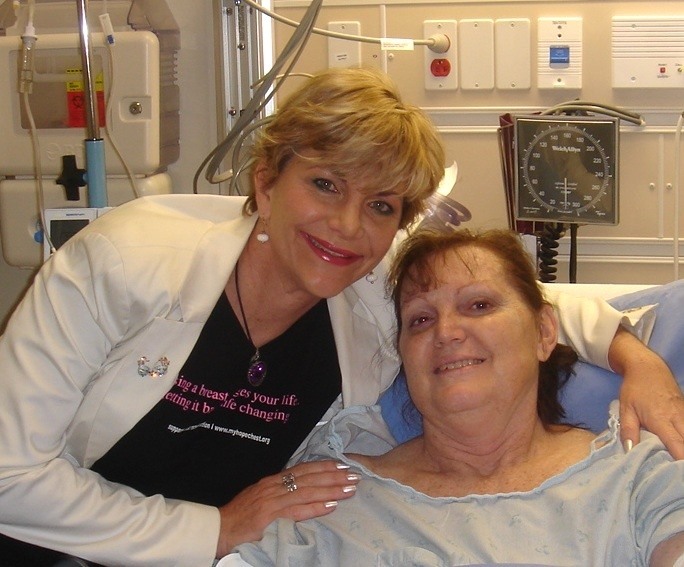
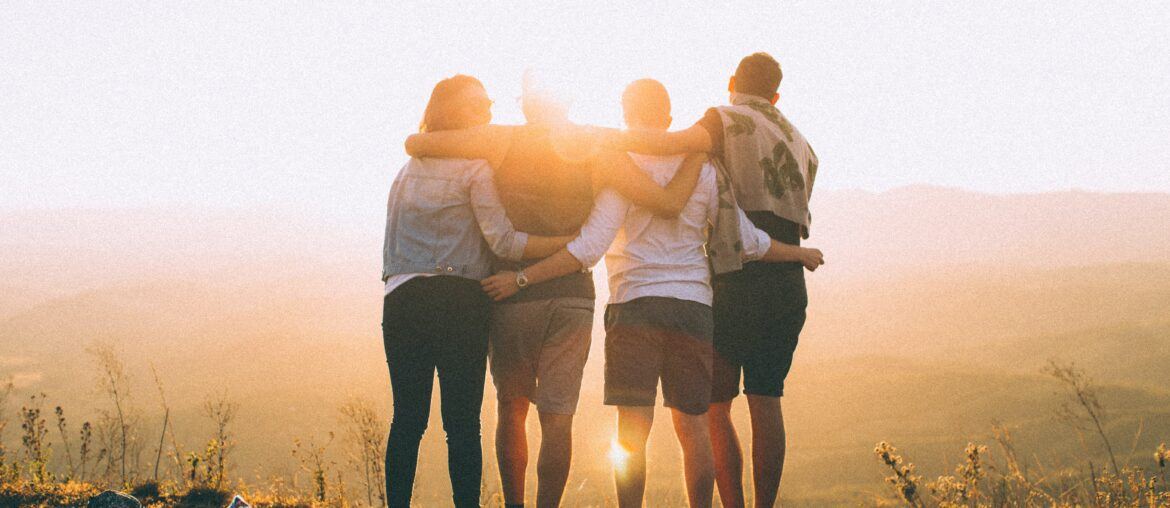
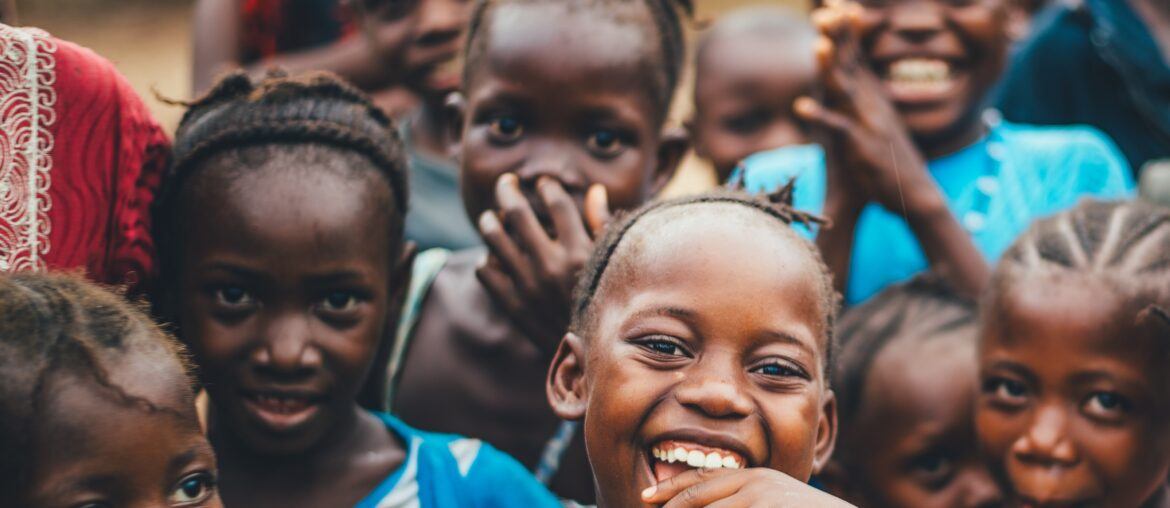
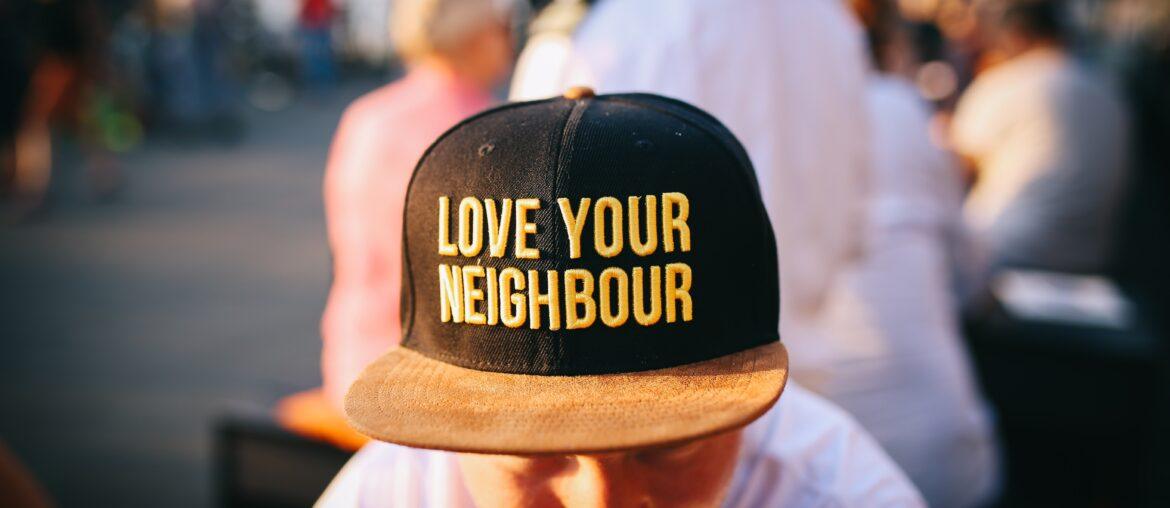
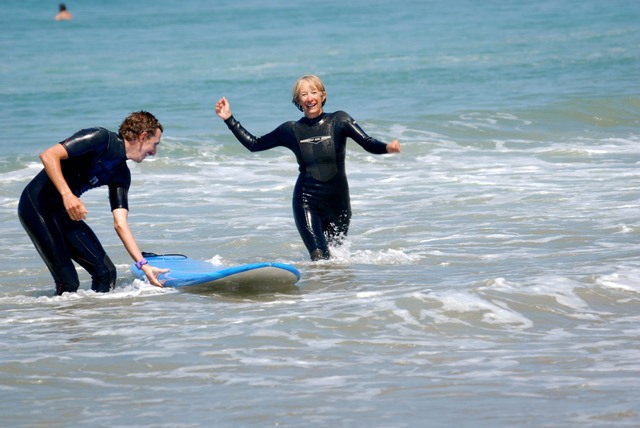
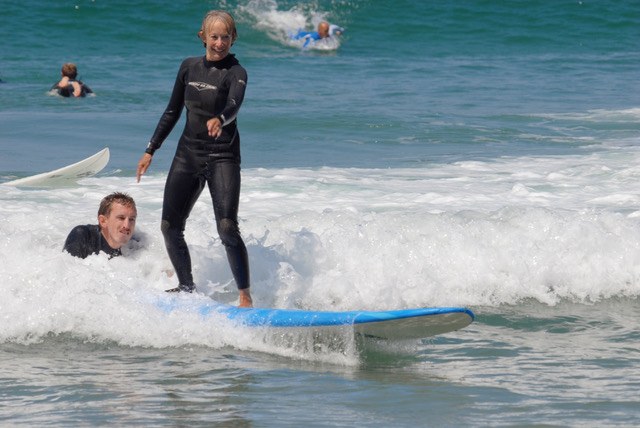
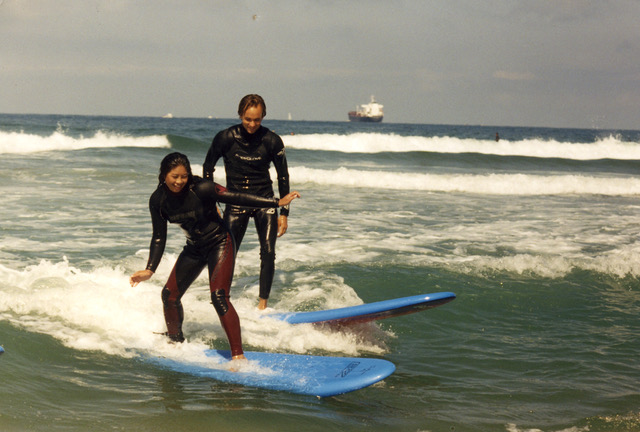
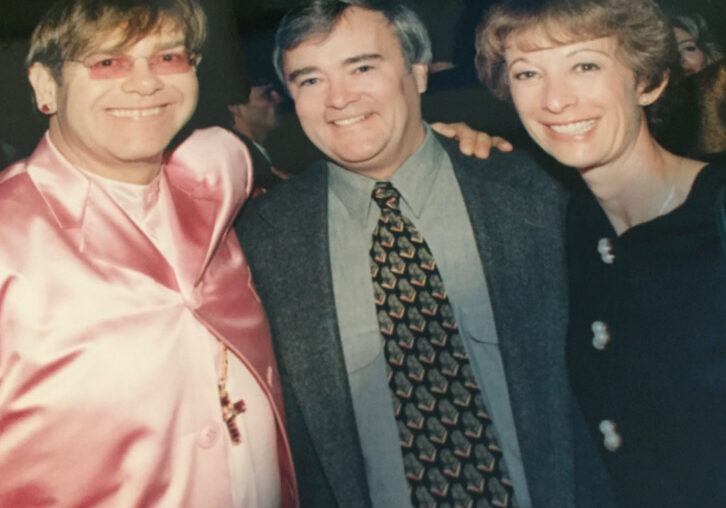
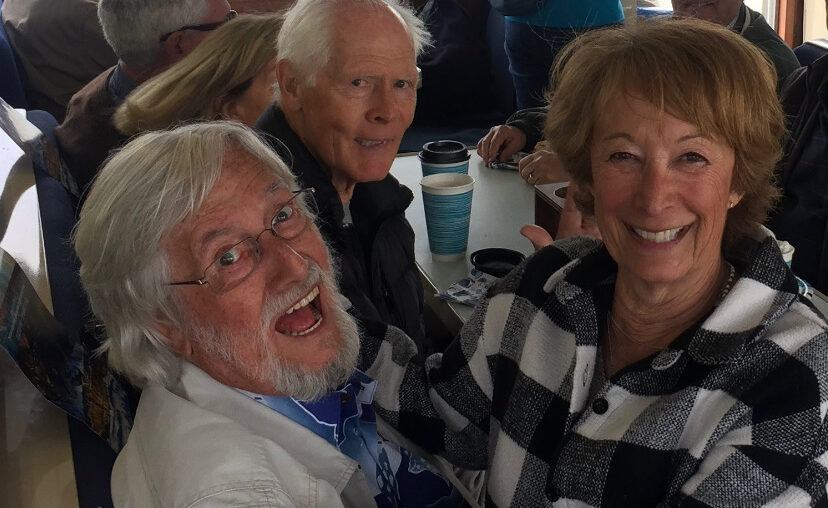
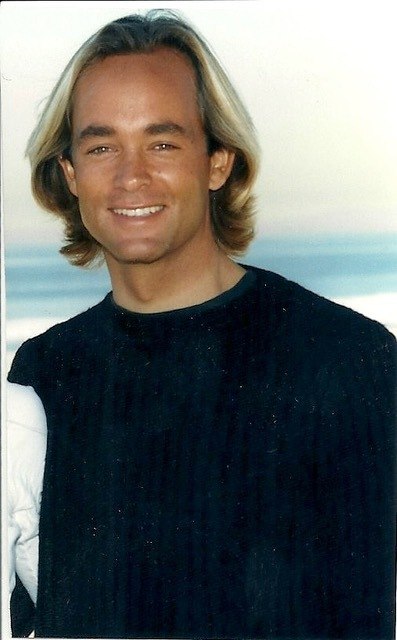
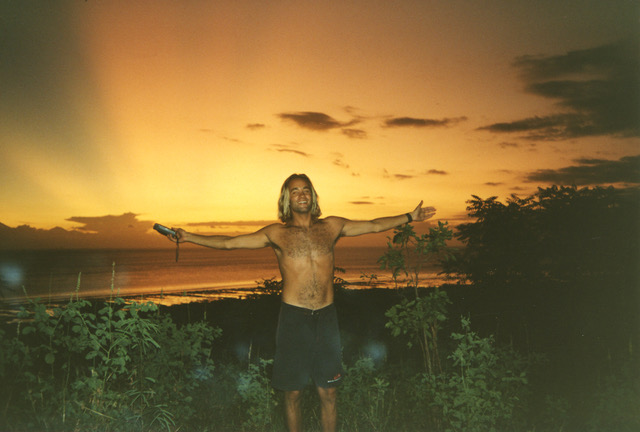

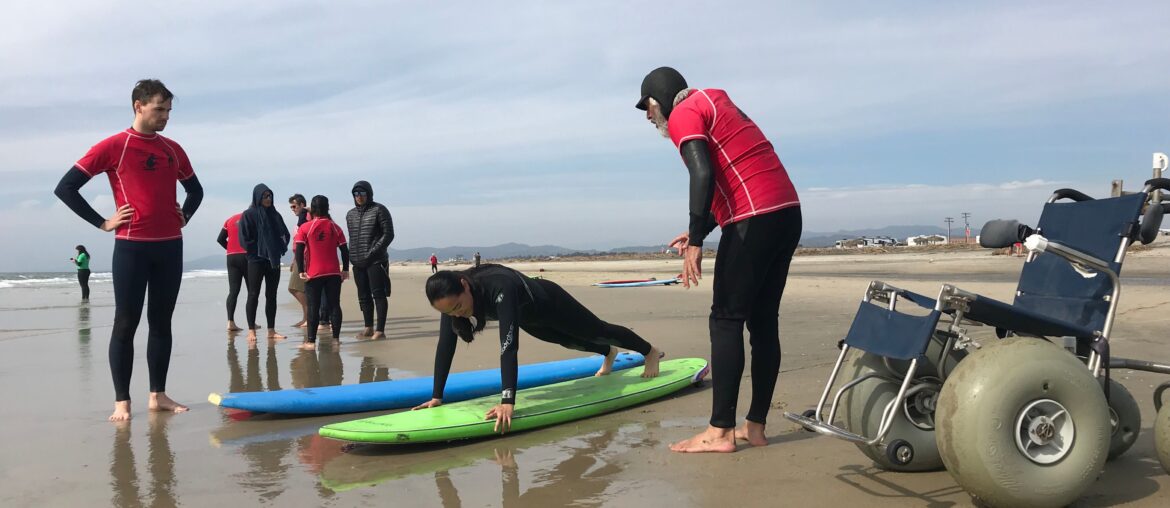
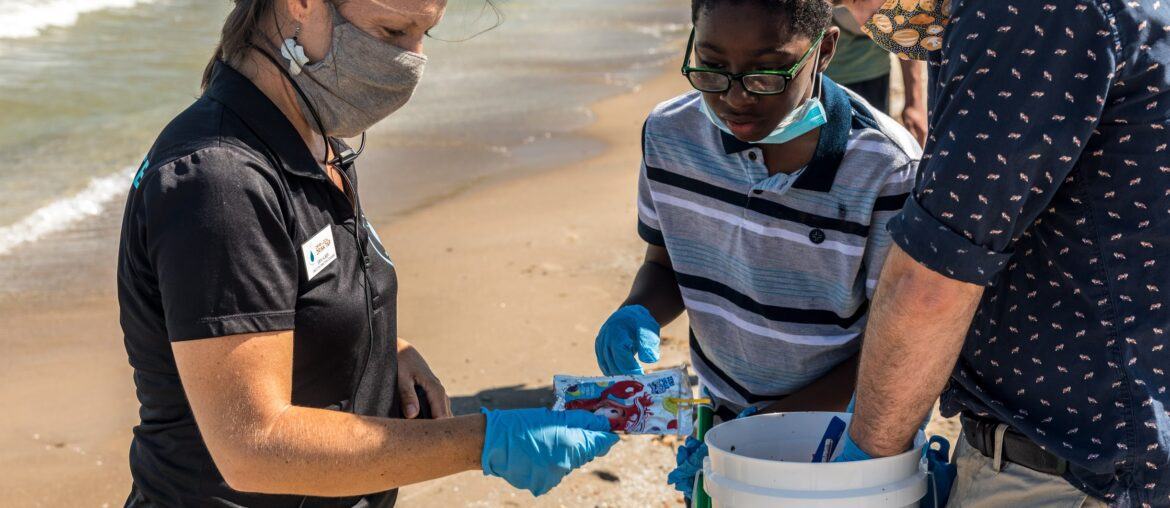
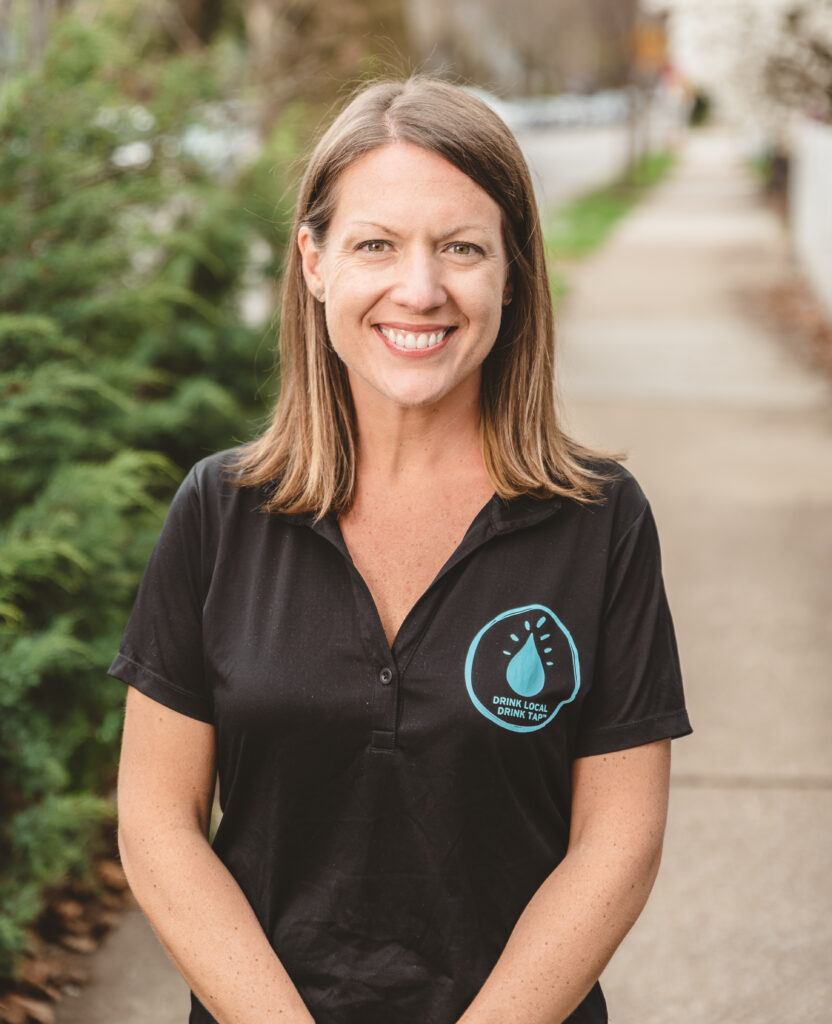
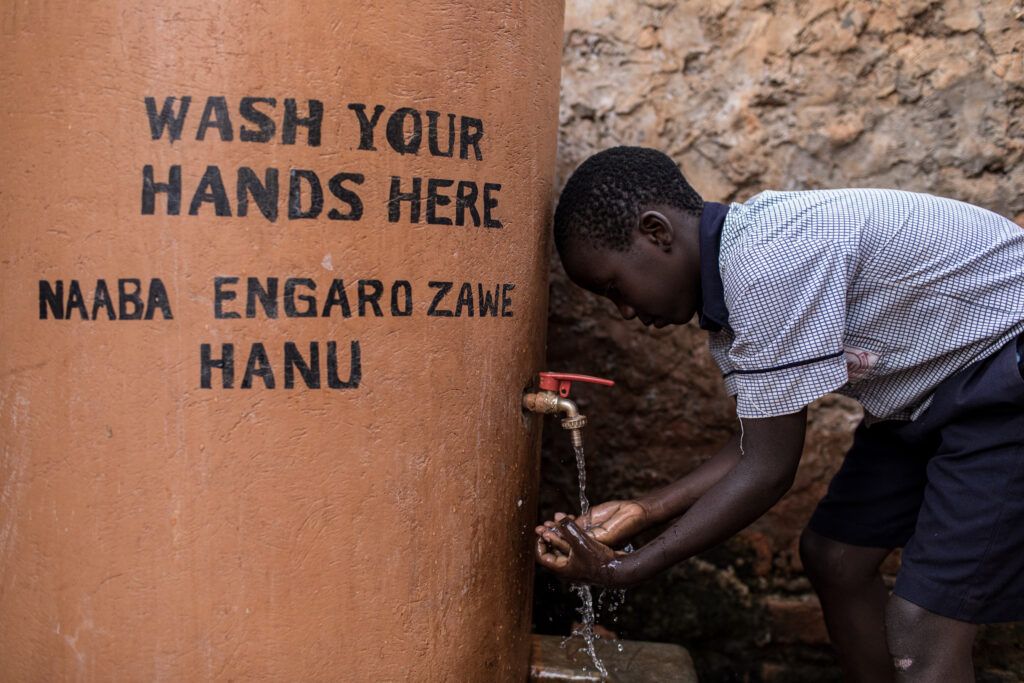
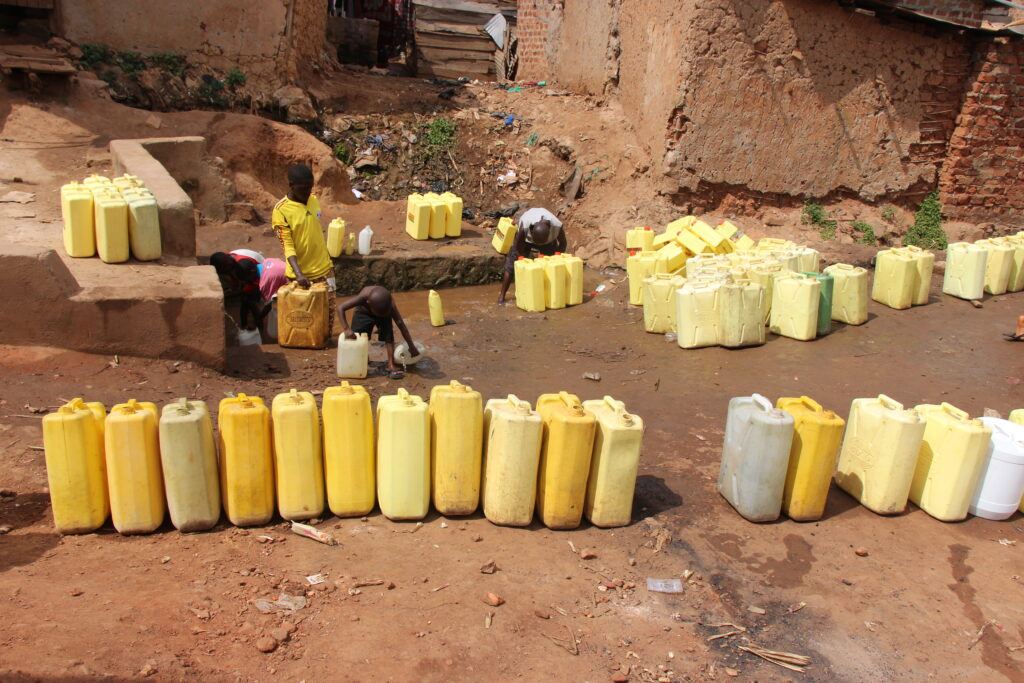
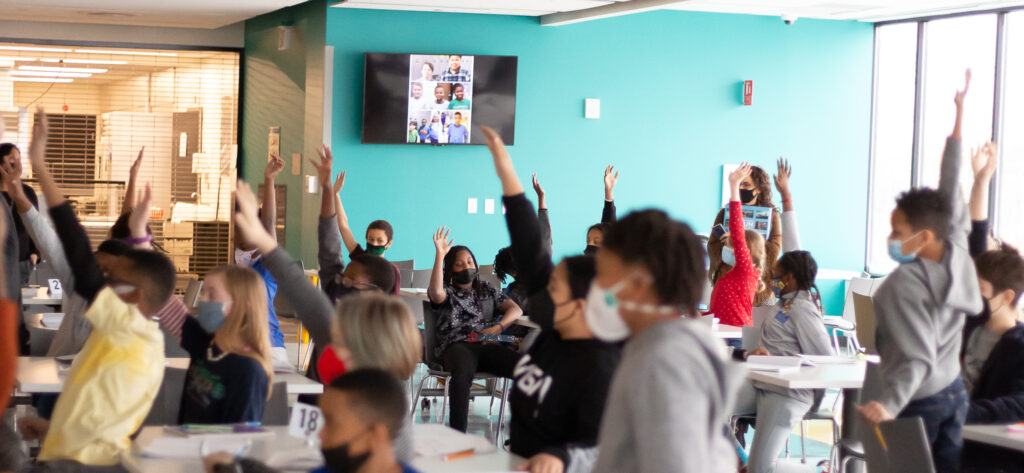
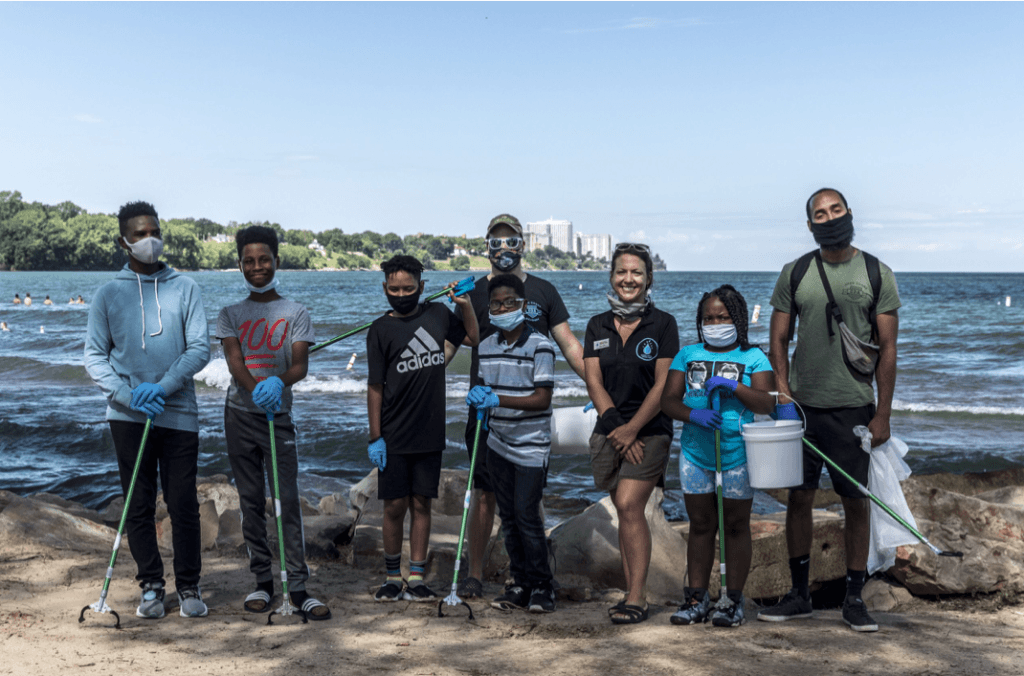
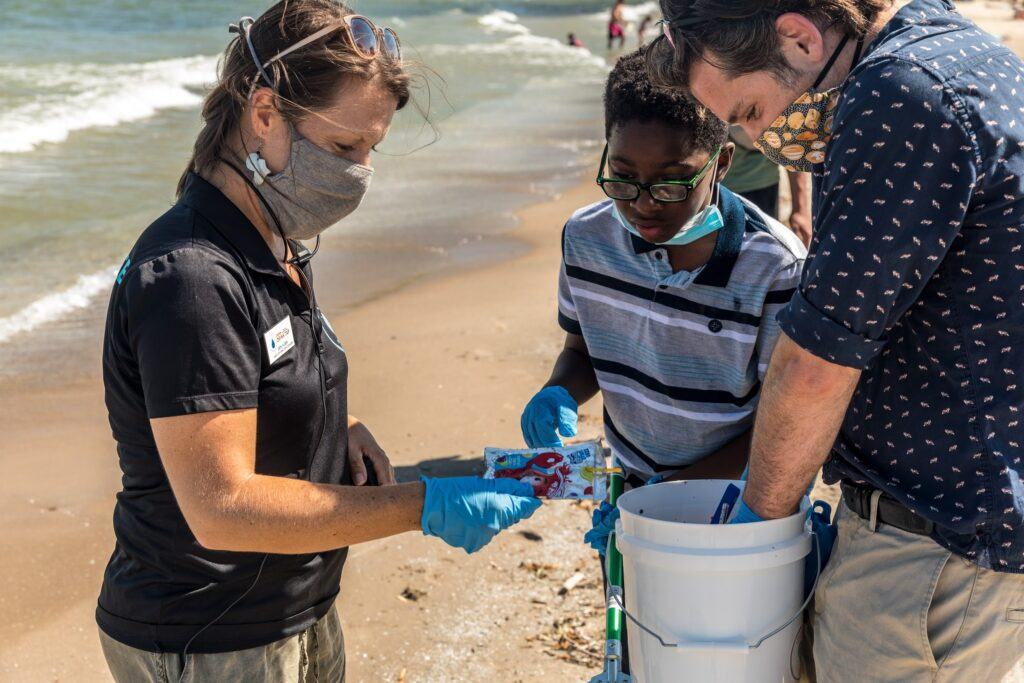
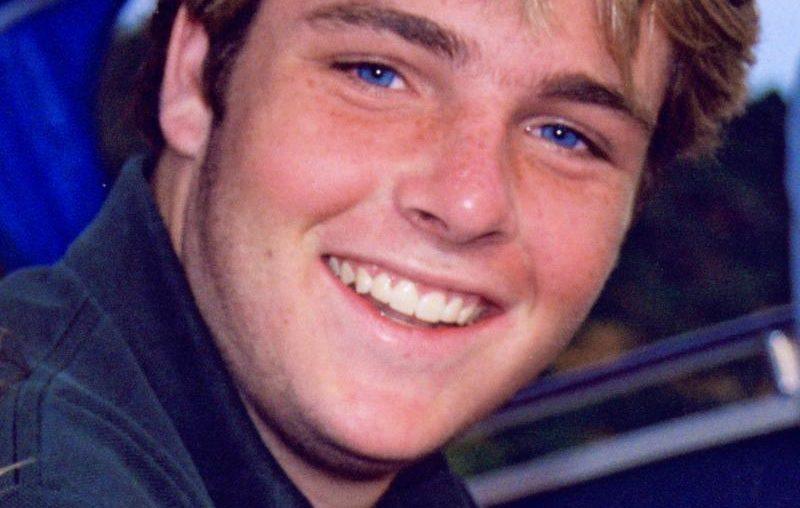

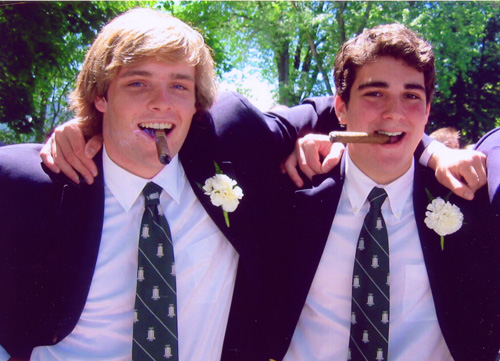
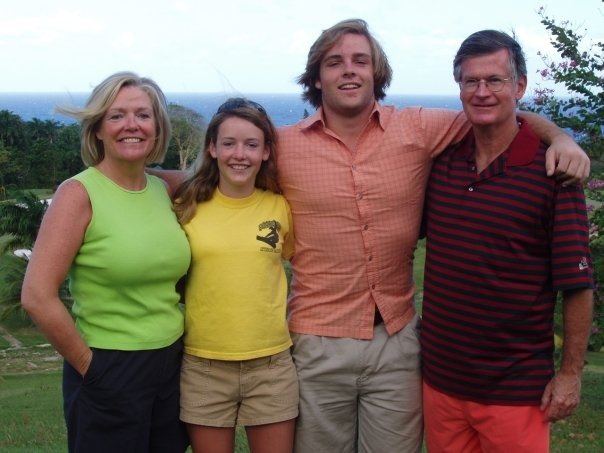
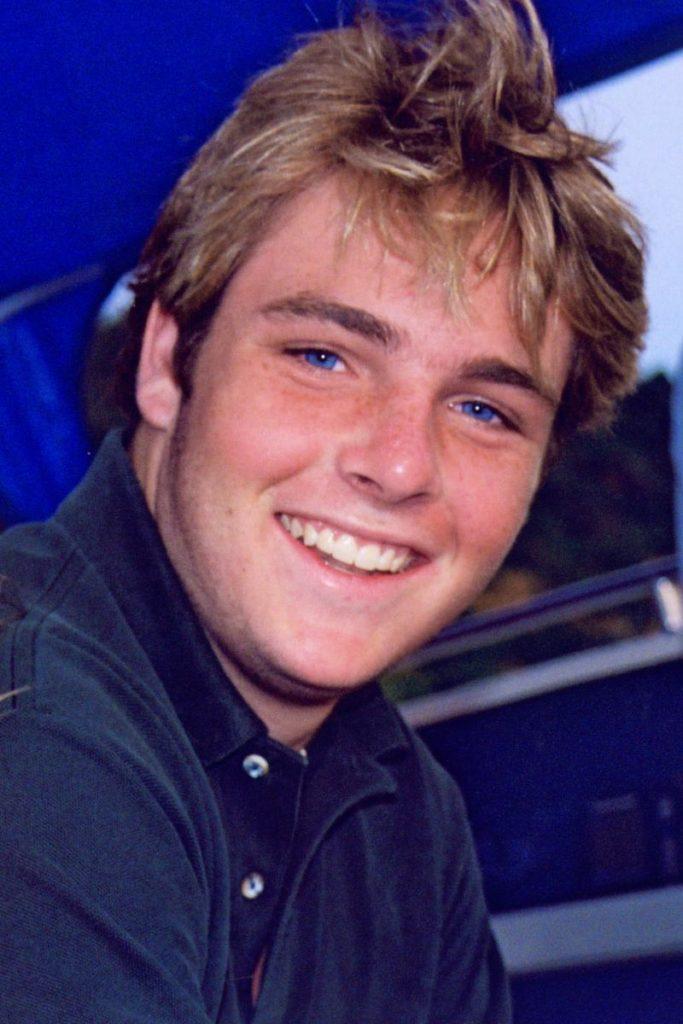
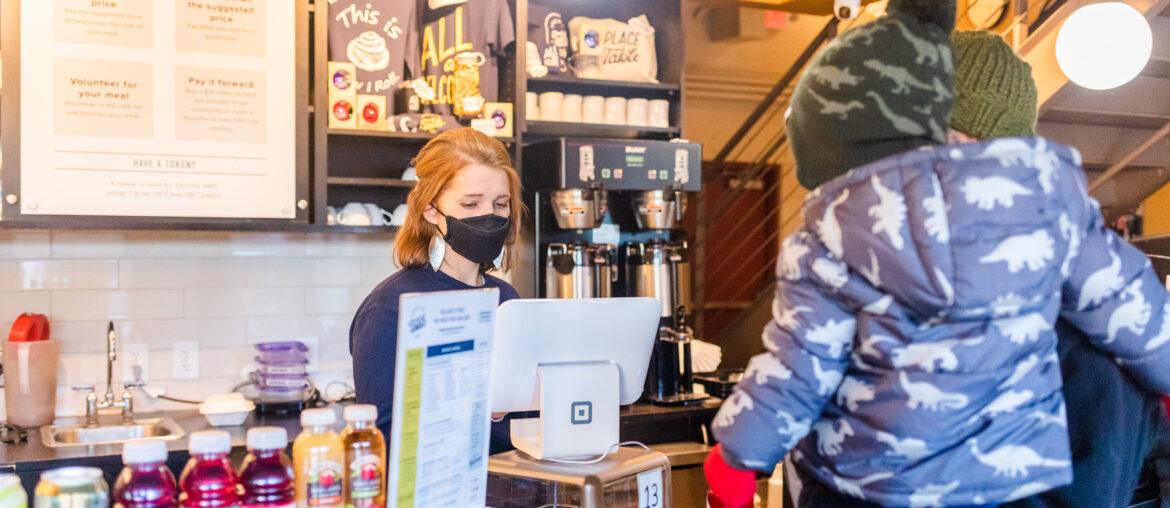
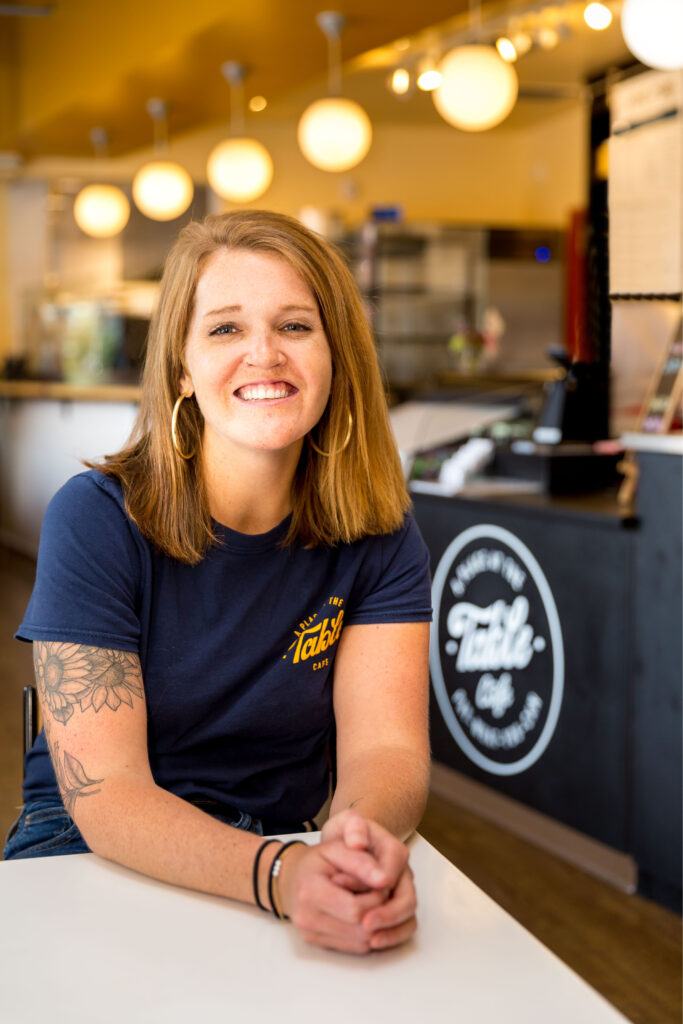
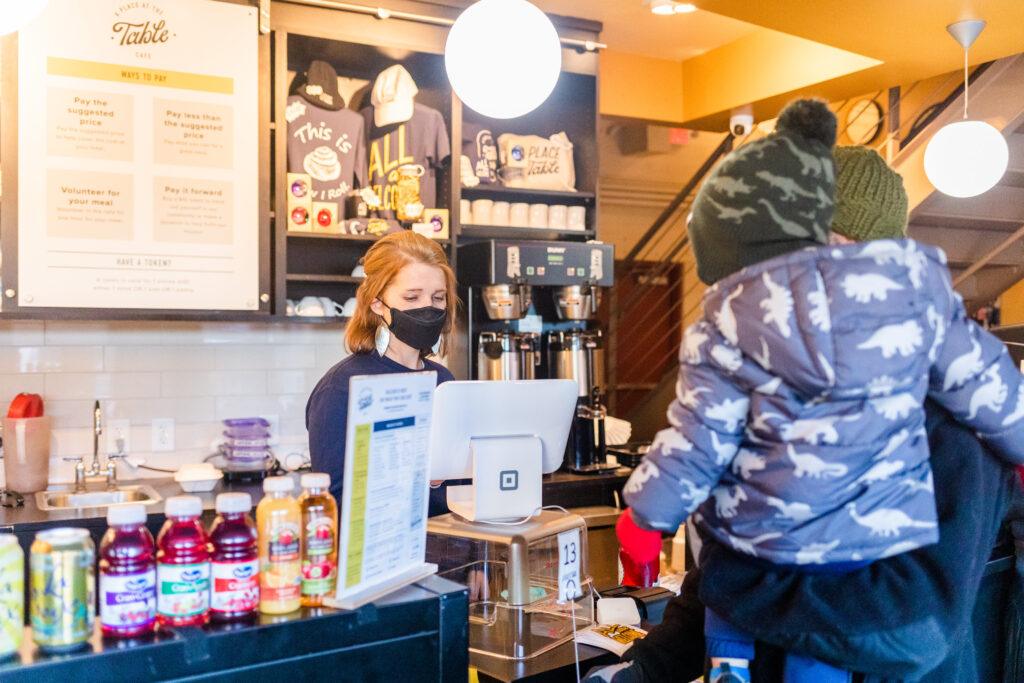
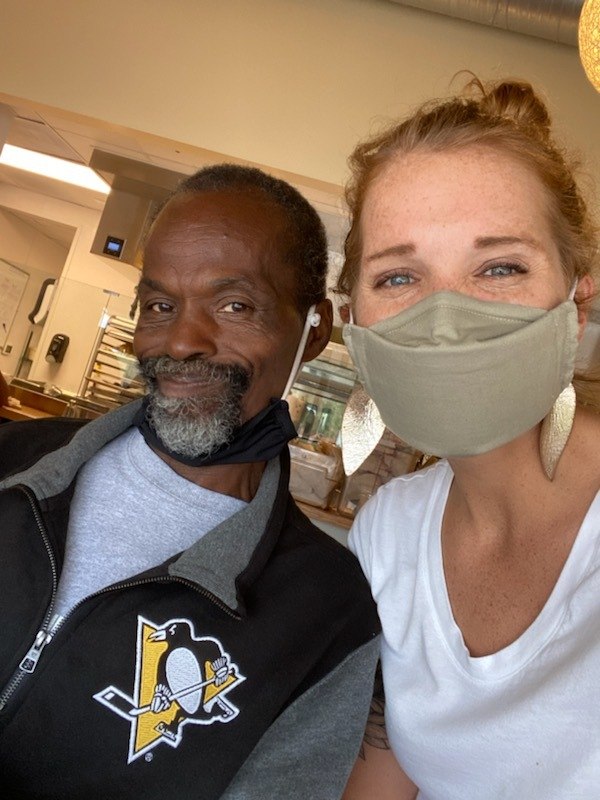
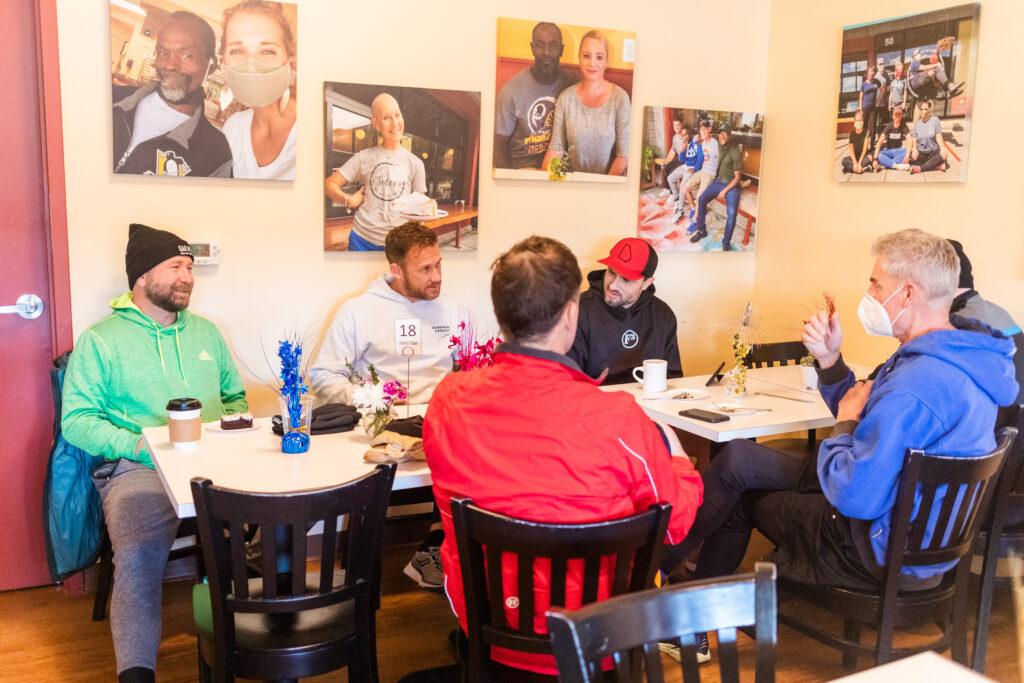
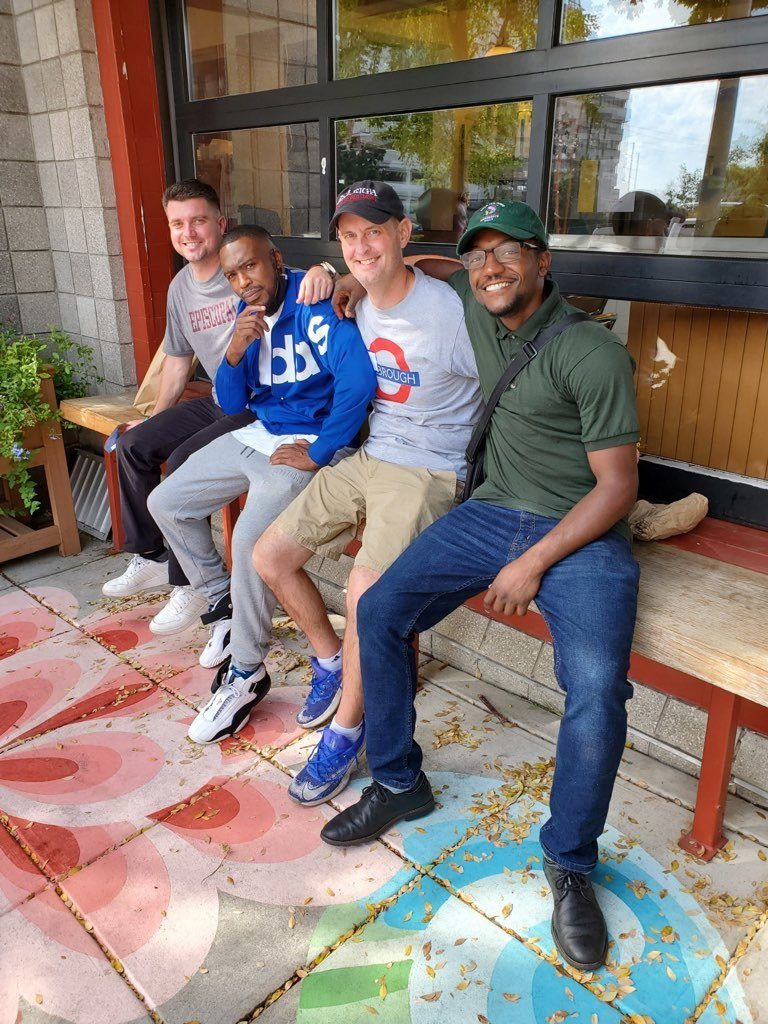 They all encouraged me and said this a fantastic job and this is what the community needs. So, I definitely think people people is one. And then I think also, it’s people who aren’t going to eat tomorrow. It was knowing their stories, sitting with them, hearing him. It’s those relationships. I feel like I’m the luckiest person, I said this before but I have the best job.
They all encouraged me and said this a fantastic job and this is what the community needs. So, I definitely think people people is one. And then I think also, it’s people who aren’t going to eat tomorrow. It was knowing their stories, sitting with them, hearing him. It’s those relationships. I feel like I’m the luckiest person, I said this before but I have the best job. 